The Worst Breakfasts for Kidney Health
The first meal of the day sets the tone for your overall health and well-being, especially when it comes to maintaining optimal kidney function. The kidneys play a crucial role in filtering waste and excess fluids from the blood, and their health can be significantly impacted by dietary choices. While breakfast is often touted as the most important meal of the day, not all breakfast options are created equal. Some can be detrimental to kidney health, especially for individuals with pre-existing kidney conditions. This article explores common breakfast foods to avoid to support better kidney health, offering insights into why these choices matter and how they can impact renal function.
1. Processed Meats: A Salty Start to Your Day
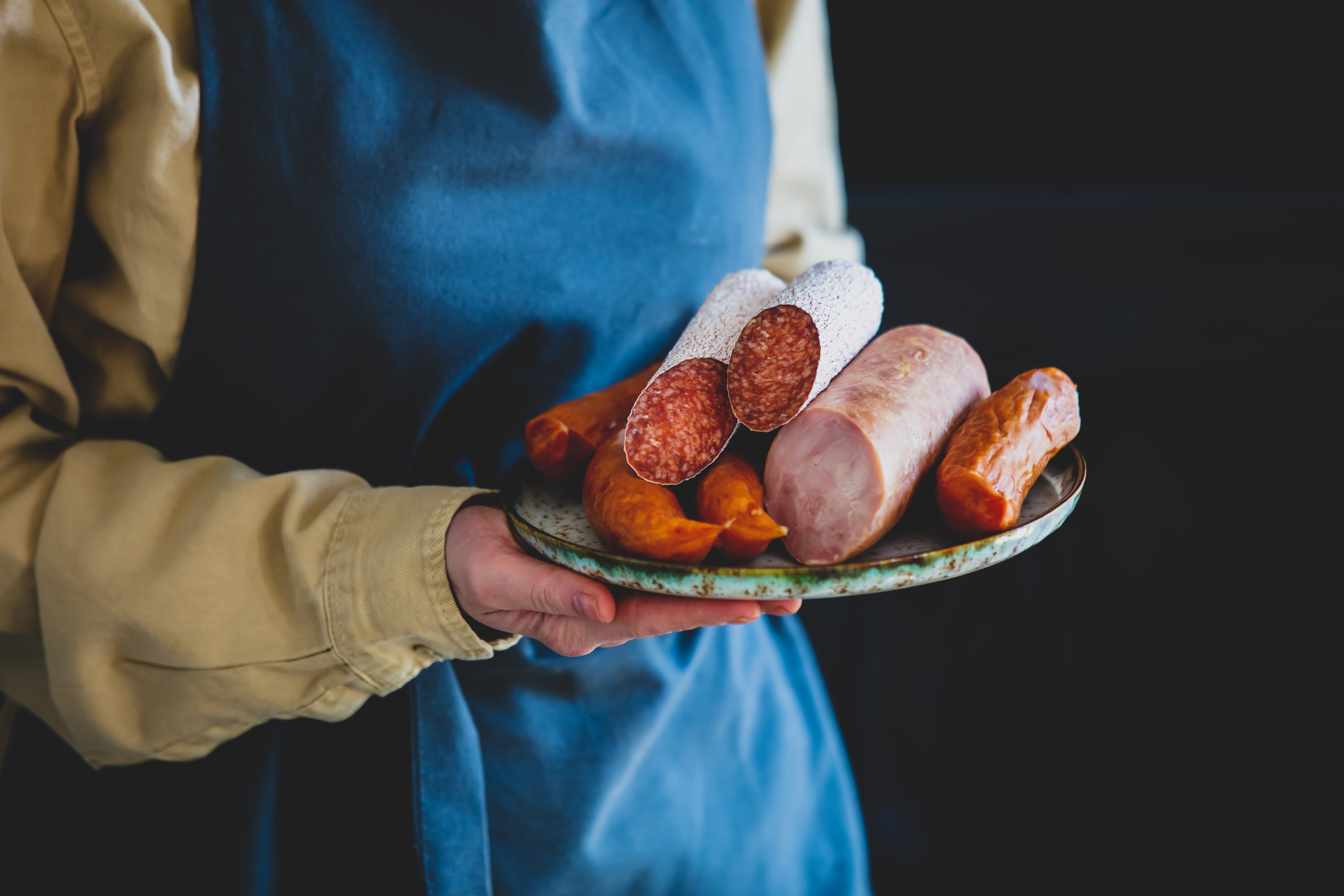
Processed meats, such as bacon and sausage, are popular breakfast staples but can be harmful to kidney health due to their high sodium content. Excessive sodium intake can lead to hypertension, a major risk factor for kidney disease. Processed meats also contain preservatives like nitrates and nitrites, which have been linked to increased kidney strain. For individuals with compromised kidney function, consuming these meats can exacerbate the issue, leading to further deterioration. Opting for fresh, unprocessed protein sources such as eggs or plant-based alternatives can be a healthier choice for protecting your kidneys.
2. Sugary Cereals: More Harm Than Good
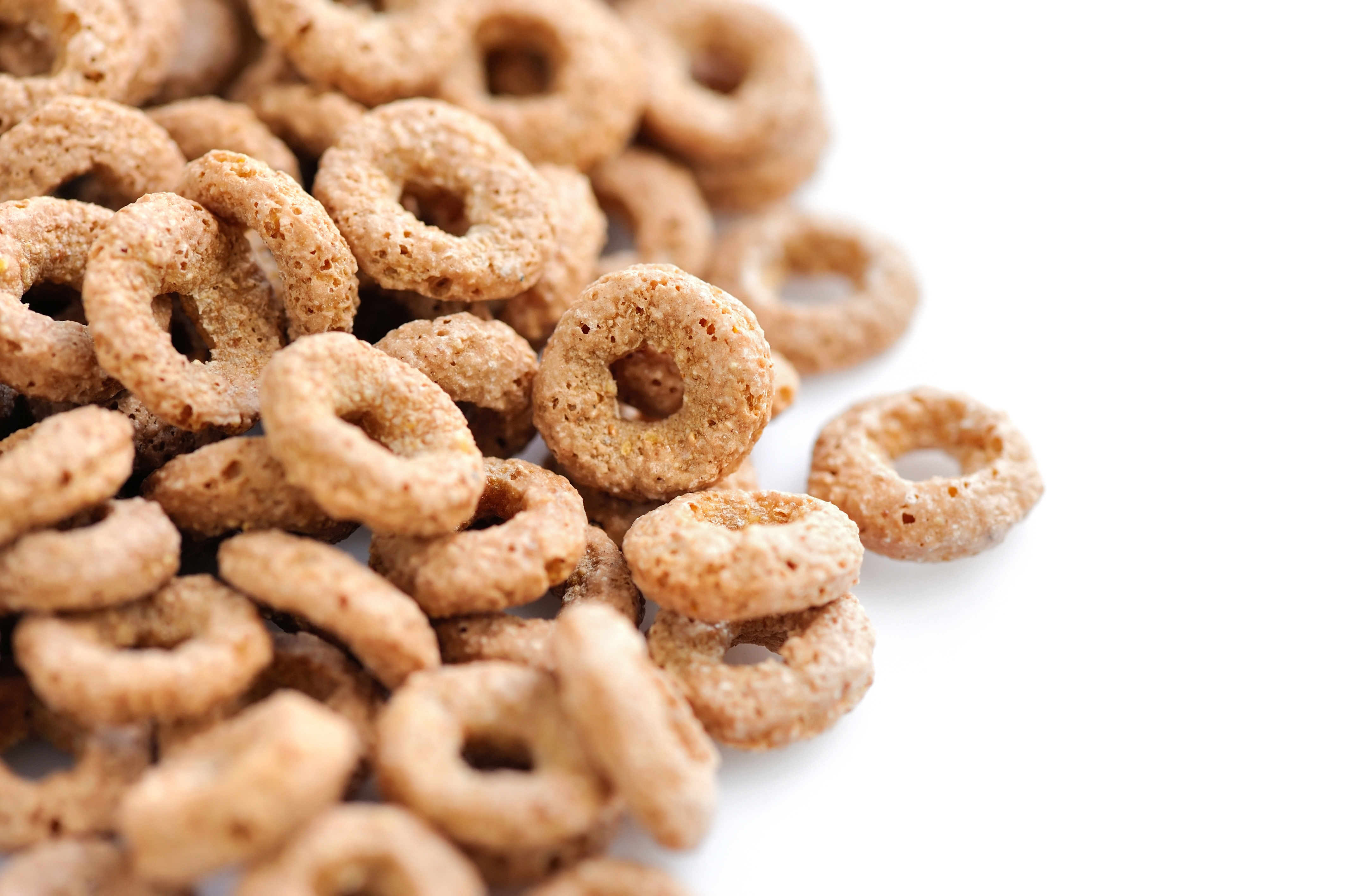
Sugary cereals may seem like a convenient breakfast option, but they are often laden with refined sugars and artificial additives that can negatively affect kidney health. High sugar intake can lead to obesity and diabetes, both of which are significant risk factors for kidney disease. Moreover, many sugary cereals lack essential nutrients, providing empty calories that do little to support overall health. Replacing sugary cereals with whole grain options, like oatmeal or bran flakes, can offer a more nutritious start to the day, providing fiber and essential nutrients without the harmful effects of excess sugar.
3. Flavored Yogurts: Hidden Sugars and Additives
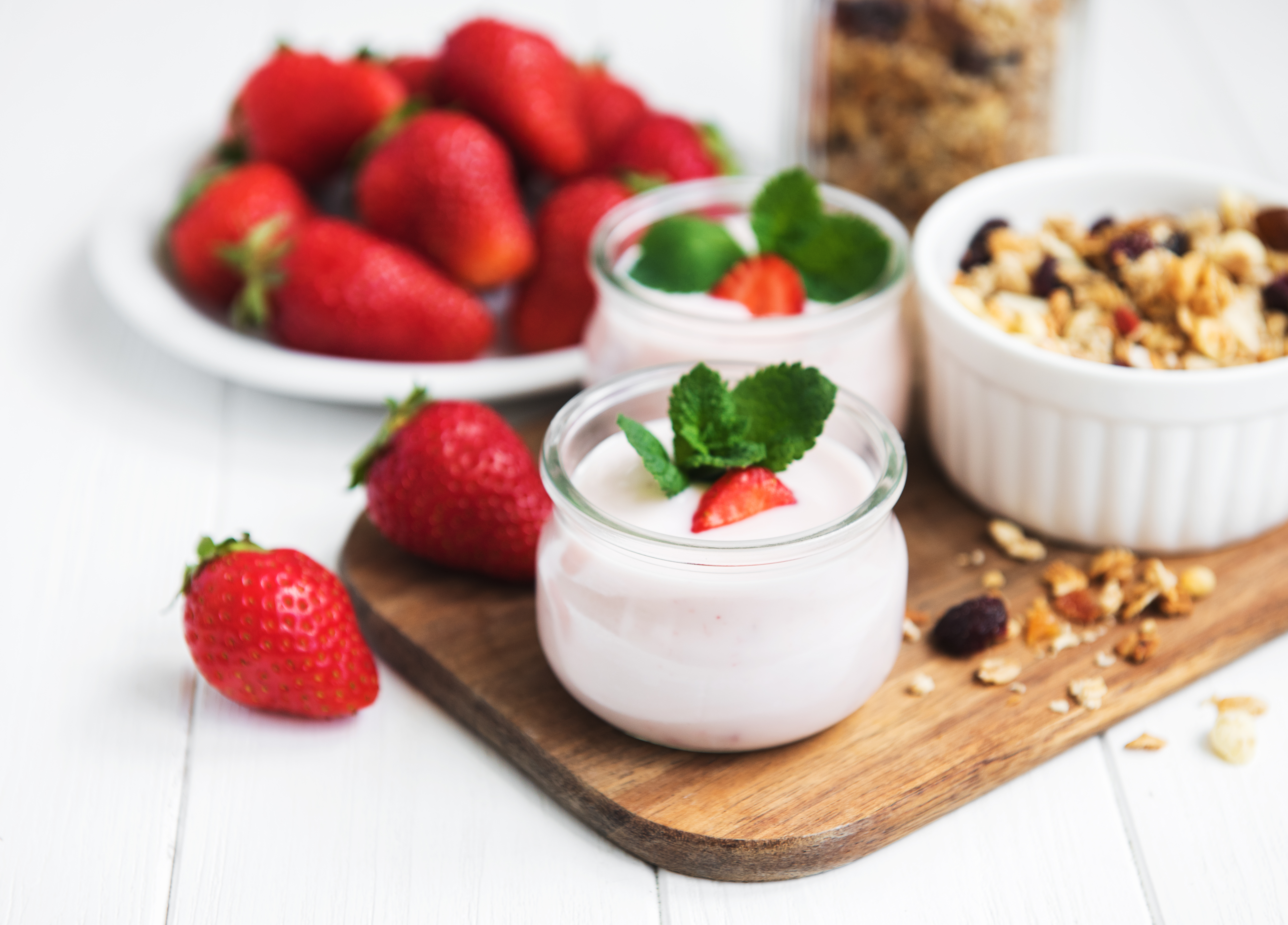
While yogurt can be a healthy breakfast choice, flavored yogurts often contain high levels of added sugars and artificial flavors that can be detrimental to kidney health. These sugars can contribute to weight gain and insulin resistance, both of which increase the risk of kidney disease. Additionally, some flavored yogurts contain phosphates, which can be harmful to kidney function when consumed in excess. Choosing plain yogurt and adding fresh fruits not only reduces sugar intake but also provides beneficial probiotics and nutrients that support digestive and kidney health.
4. Pastries and Baked Goods: A Sweet Threat

Pastries and baked goods, such as donuts and muffins, are often loaded with sugars, unhealthy fats, and refined carbohydrates, making them a poor choice for breakfast. These ingredients can lead to spikes in blood sugar levels and contribute to obesity, both of which are detrimental to kidney health. Furthermore, these foods often contain trans fats, which can increase inflammation and put additional strain on the kidneys. Opting for whole-grain alternatives with minimal added sugars can help protect your kidneys while still satisfying your morning hunger.
5. Fast Food Breakfast Sandwiches: Convenience at a Cost
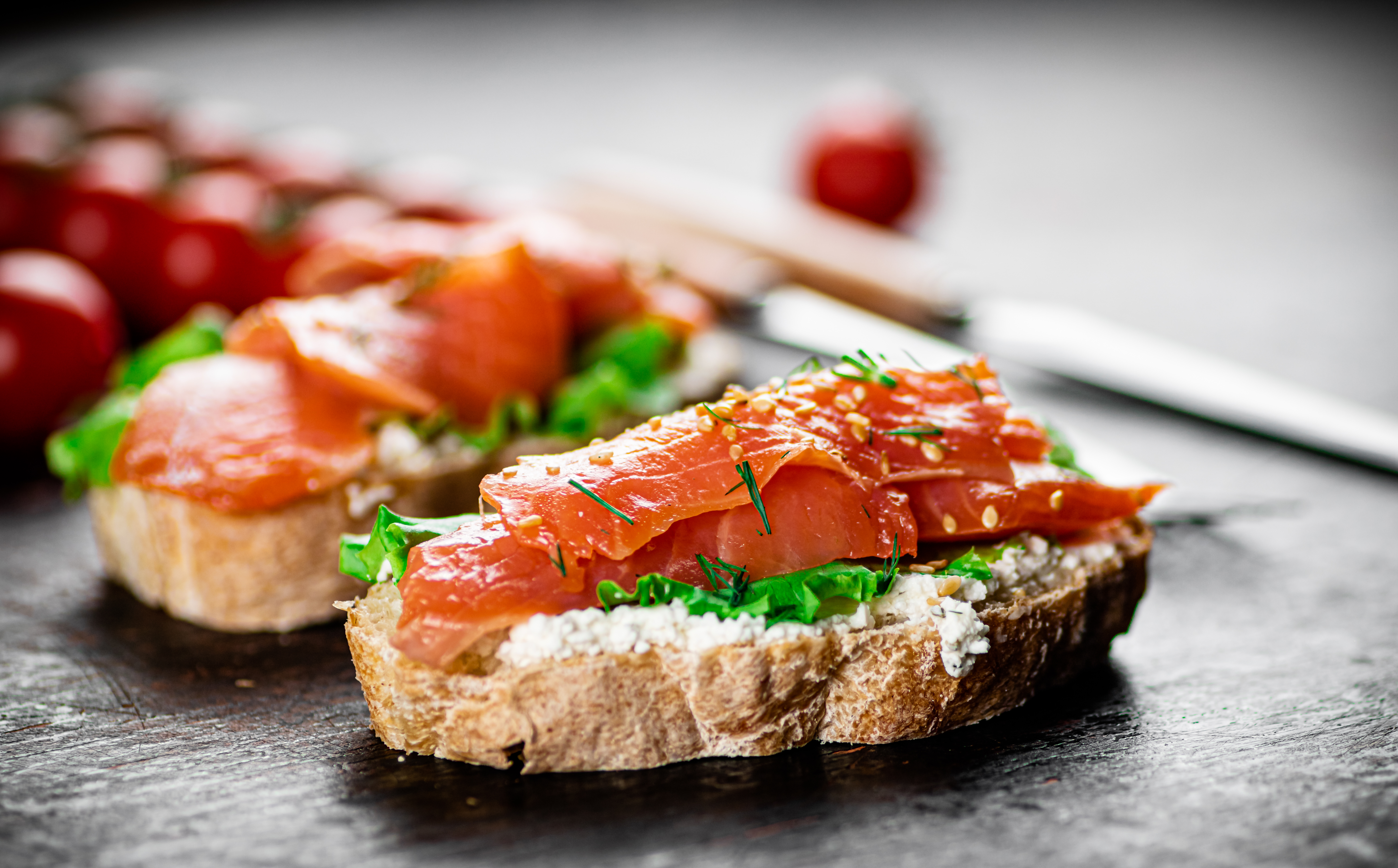
Fast food breakfast sandwiches may offer convenience, but they come with a host of health concerns that can impact kidney function. These sandwiches are typically high in sodium, unhealthy fats, and preservatives, all of which can contribute to hypertension and kidney strain. The combination of refined carbs and processed meats can further exacerbate these issues. Preparing a homemade breakfast sandwich using whole-grain bread, fresh vegetables, and lean protein can provide a healthier alternative that supports kidney health without sacrificing convenience.
6. Instant Noodles: A Salty, Quick Fix
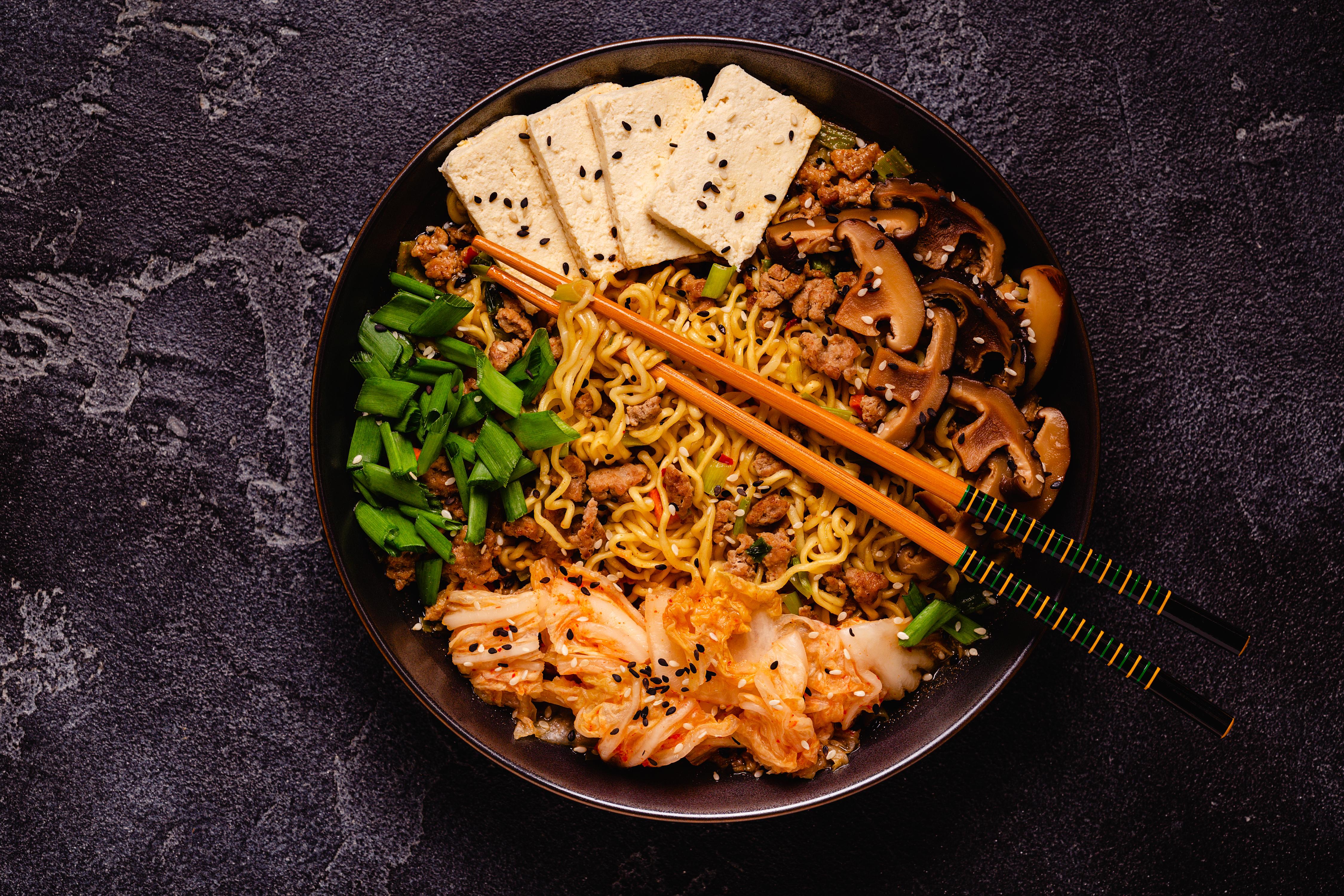
Instant noodles might be a quick breakfast solution, but their high sodium content poses a significant risk to kidney health. The flavor packets that accompany these noodles are often loaded with salt and MSG, which can lead to dehydration and increased blood pressure. Both of these factors can strain the kidneys over time. Instead, consider preparing a quick homemade soup using low-sodium broth and fresh vegetables, which can provide a nourishing start to the day without the harmful effects of excess sodium.
7. Fruit Juices: Not as Healthy as They Seem
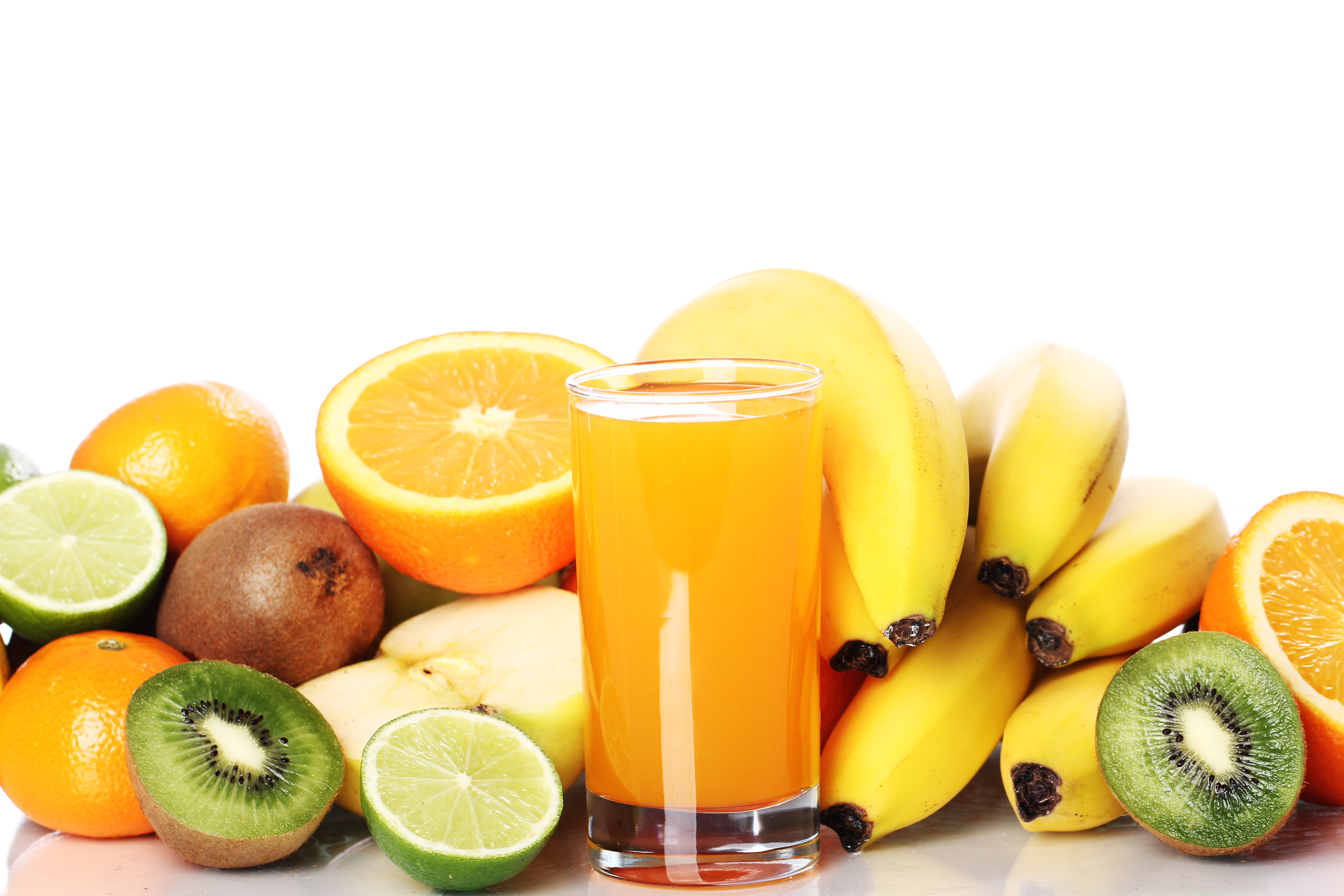
While fruit juices are often perceived as a healthy breakfast choice, many commercial options contain added sugars and lack the fiber found in whole fruits. The high sugar content can lead to weight gain and insulin resistance, both of which are detrimental to kidney health. Furthermore, the lack of fiber means these juices can cause rapid spikes in blood sugar levels. Opting for whole fruits or making your own juice with minimal added sugars can help preserve the benefits of fruit while supporting kidney health.
8. Pancakes and Waffles: Carb-Heavy Culprits
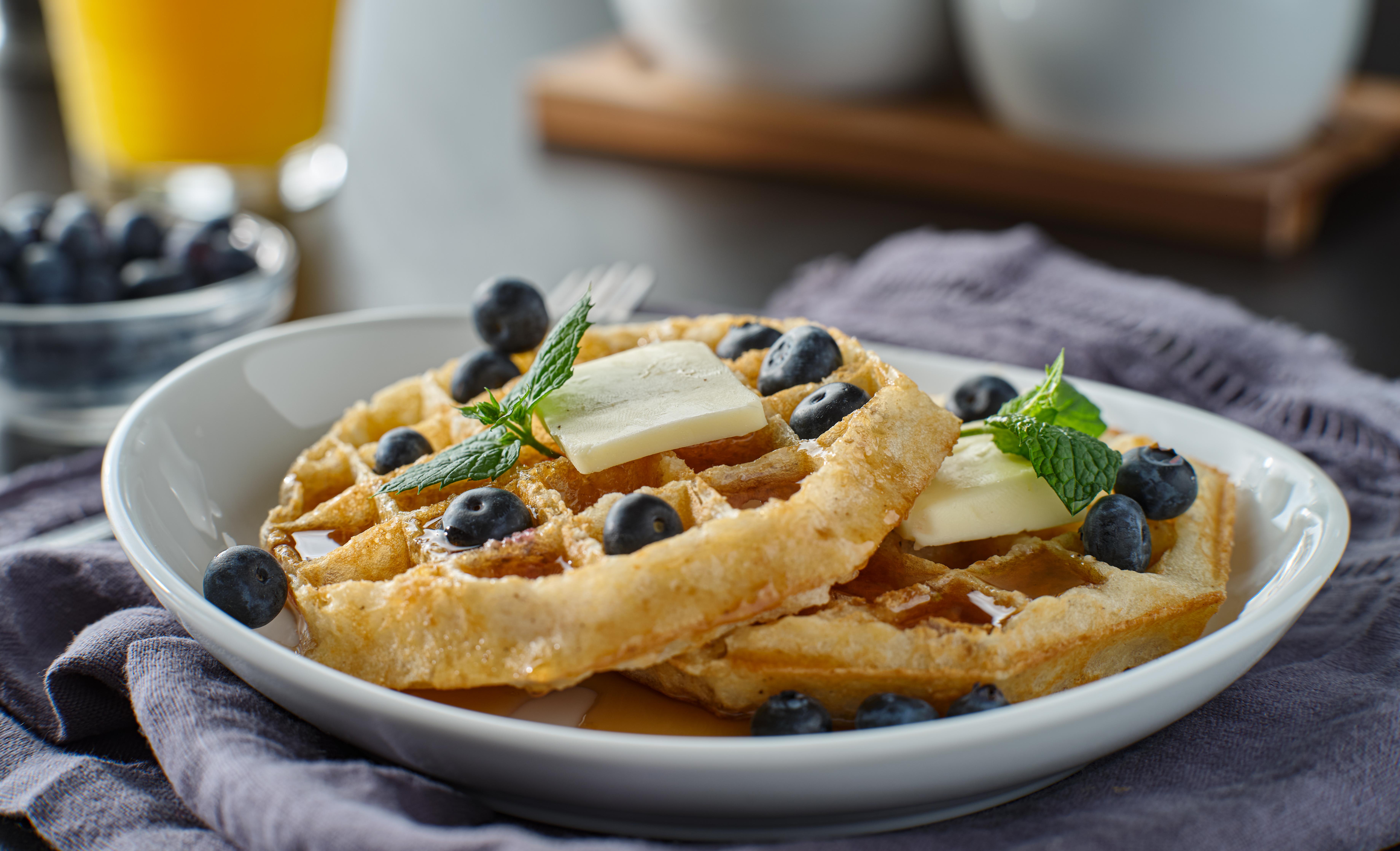
Pancakes and waffles, especially when made from refined flour and topped with syrup, can be a problematic breakfast choice for kidney health. These foods are high in simple carbohydrates and sugars, which can lead to weight gain and increased blood sugar levels. Additionally, the syrups and toppings often contain high fructose corn syrup, which can further strain the kidneys. Choosing whole-grain versions and topping them with fresh fruit and a dollop of yogurt can provide a more balanced breakfast that supports renal health.
9. Canned Fruit Cocktails: A Sweet Deception
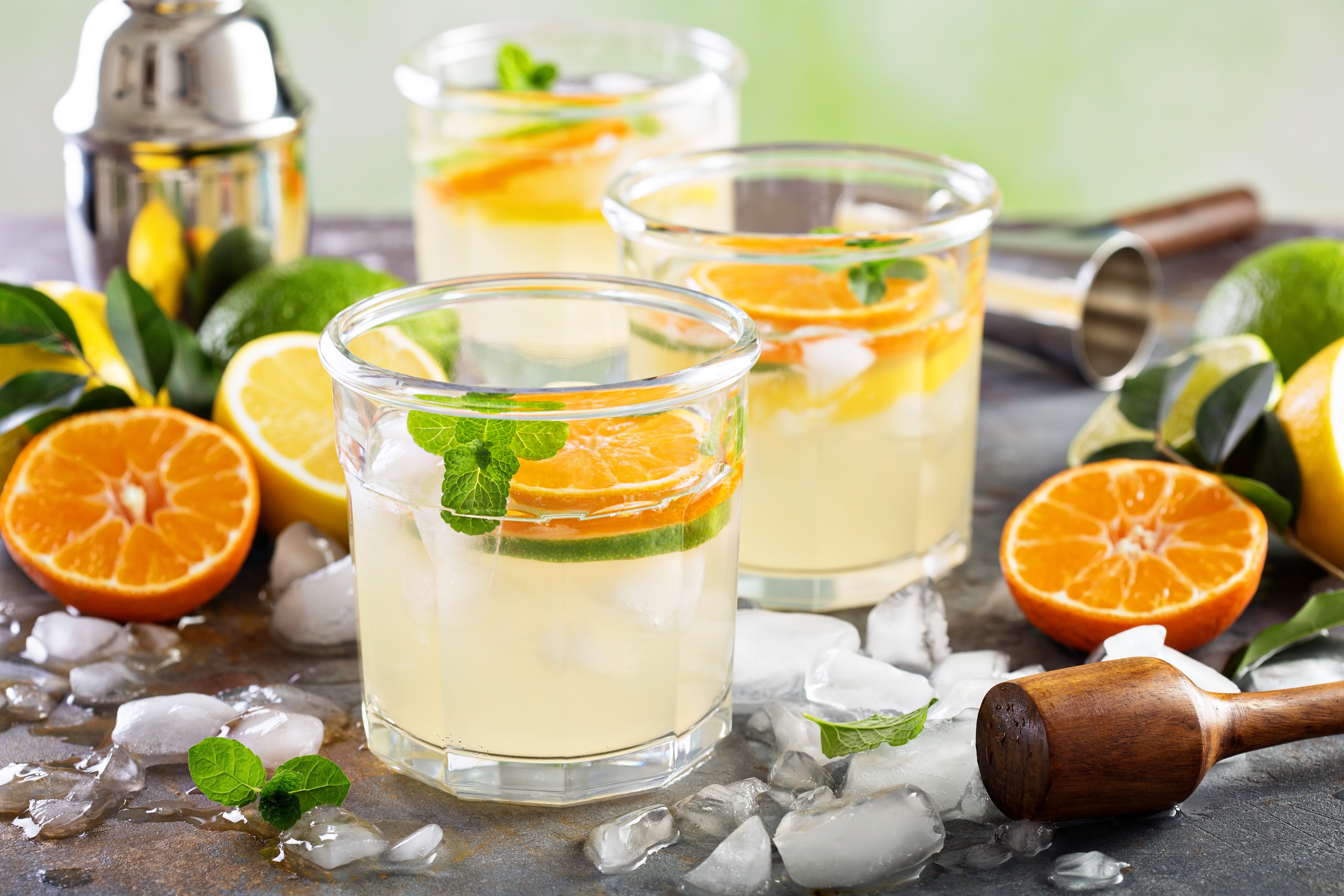
Canned fruit cocktails may seem like a healthy option, but they often contain added sugars and syrups that can be harmful to kidney health. The high sugar content can contribute to obesity and diabetes, both of which are risk factors for kidney disease. Furthermore, the canning process can lead to a loss of essential nutrients found in fresh fruits. Opting for fresh or frozen fruits without added sugars can provide the vitamins and minerals needed for optimal health without the negative impacts of added sugars.
10. Bran-Based Cereals: A Phosphorus Trap
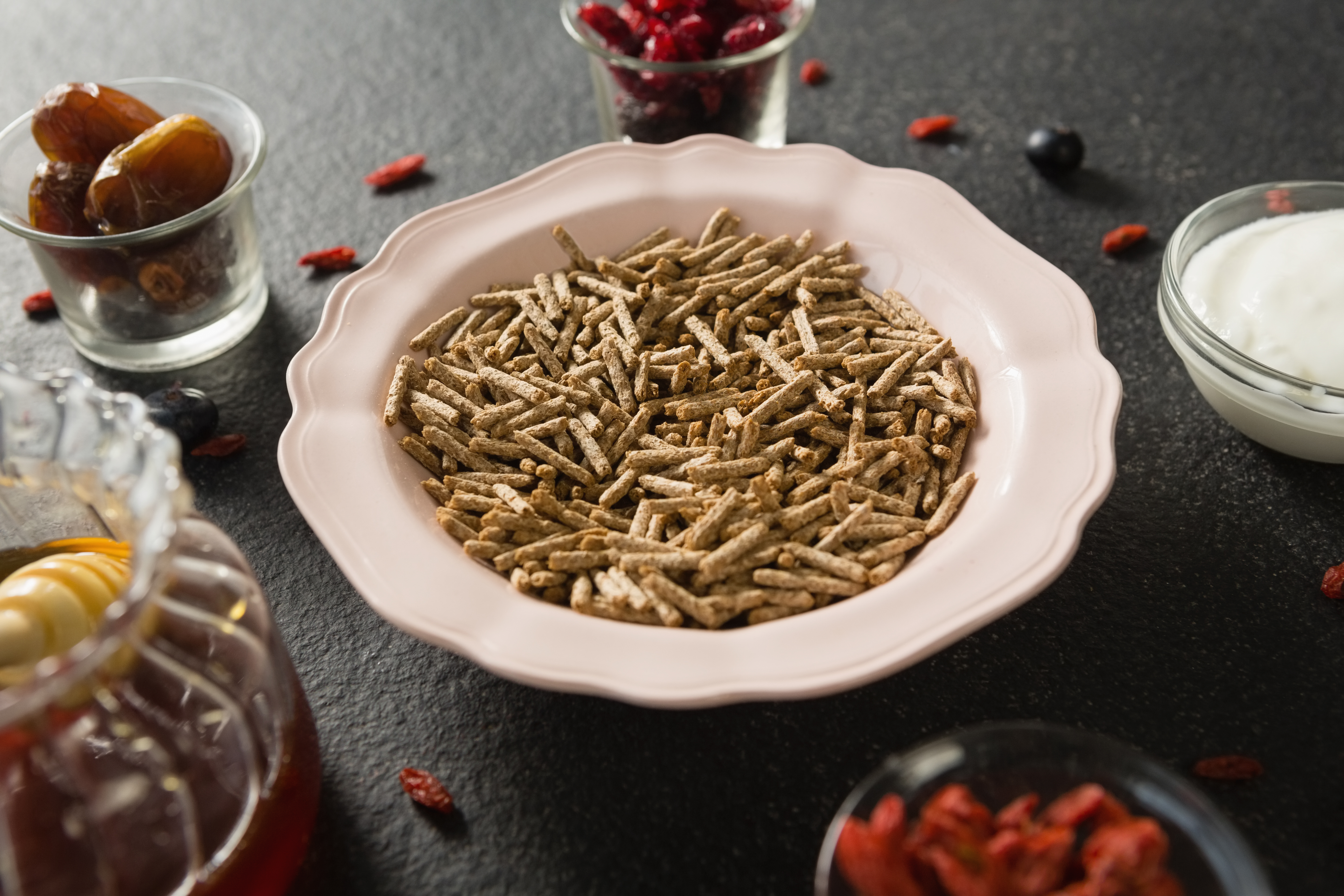
While often marketed as a healthy choice due to their high fiber content, bran-based cereals can be a hidden phosphorus trap for individuals with kidney concerns. Phosphorus is abundant in whole grains, and a high concentration of it can place a significant burden on the kidneys. When these organs are unable to filter out excess phosphorus, it can accumulate in the blood, leading to bone and heart problems. For a kidney-friendly breakfast, consider alternatives that are lower in phosphorus, such as corn flakes or puffed rice cereals, and always check the nutrition label for phosphorus content.
11. Protein Bars: The Hidden Phosphorus and Potassium
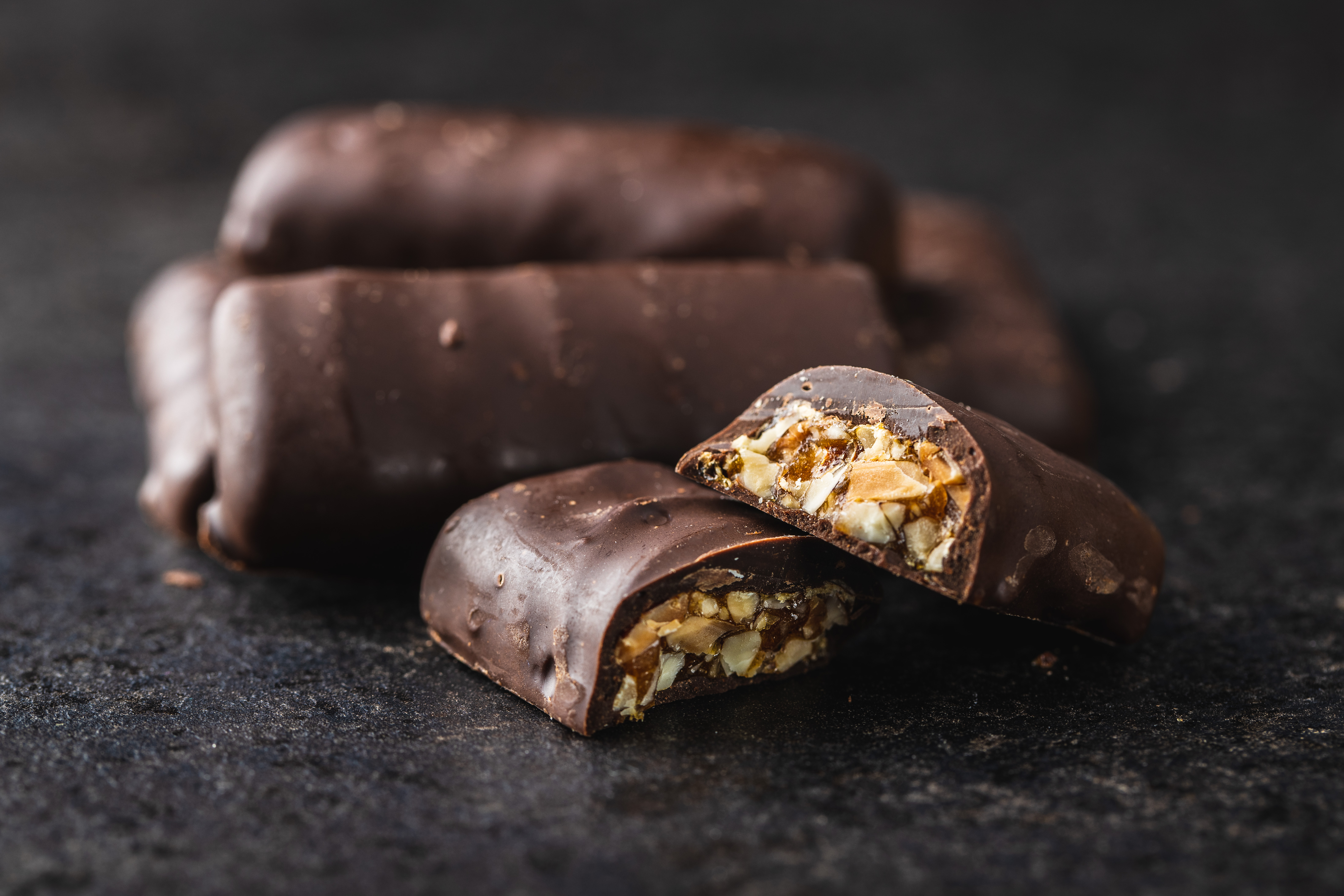
Protein bars have become a go-to breakfast for many, offering a quick and convenient source of energy. However, many of these bars are loaded with hidden phosphorus and potassium from ingredients like nuts, seeds, and protein isolates. For individuals with compromised kidney function, a high intake of these minerals can be harmful. Additionally, many protein bars contain added sugars and unhealthy fats that can contribute to weight gain and diabetes, both of which are risk factors for kidney disease. Opting for a simple, homemade breakfast with natural protein sources like eggs can be a much safer choice for your kidneys.
12. Dried Fruits: A Concentrated Sugar and Potassium Bomb
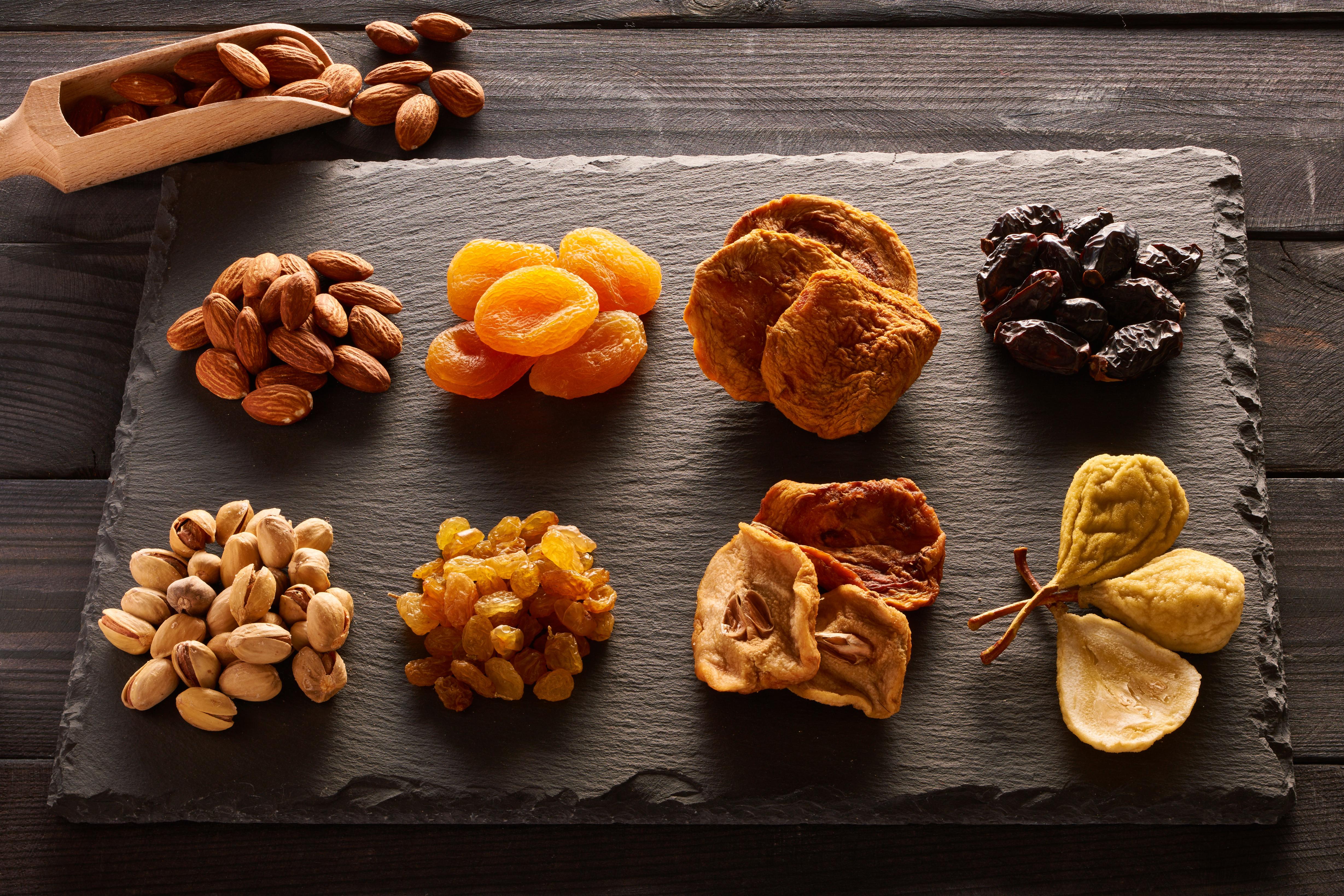
Dried fruits like raisins, dates, and dried apricots are often added to cereals and yogurts for a natural sweetness. However, the drying process concentrates their natural sugars and potassium, making them a high-risk food for individuals with kidney issues. Consuming a large amount of dried fruit can lead to a rapid spike in blood sugar and a dangerous accumulation of potassium. For a healthier breakfast, choose fresh fruits like apples or berries, which are lower in potassium and provide fiber and vitamins without the concentrated sugar load.
13. Avocado Toast: A Delicious, High-Potassium Culprit
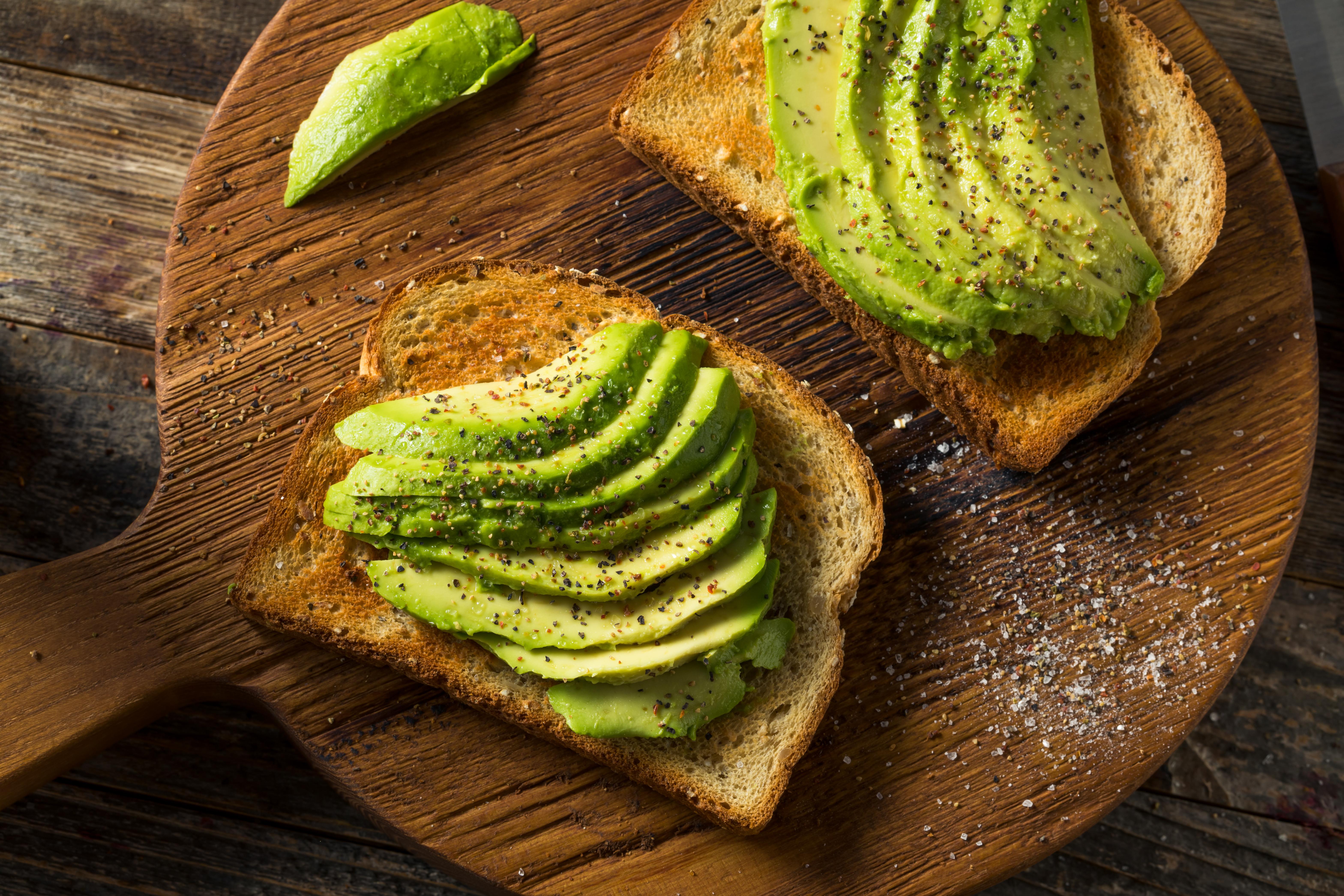
Avocado toast is a popular and trendy breakfast, celebrated for its healthy fats and fiber. However, avocados are also a significant source of potassium, which can be problematic for individuals with kidney disease. While an occasional serving is fine for most, regular or large portions can lead to a dangerous buildup of potassium in the blood. If you have kidney concerns, it's wise to limit avocado consumption and opt for other healthy breakfast options like a sprinkle of olive oil on your whole-grain toast.
14. Nut Butters: The Phosphorus and Potassium Double Whammy
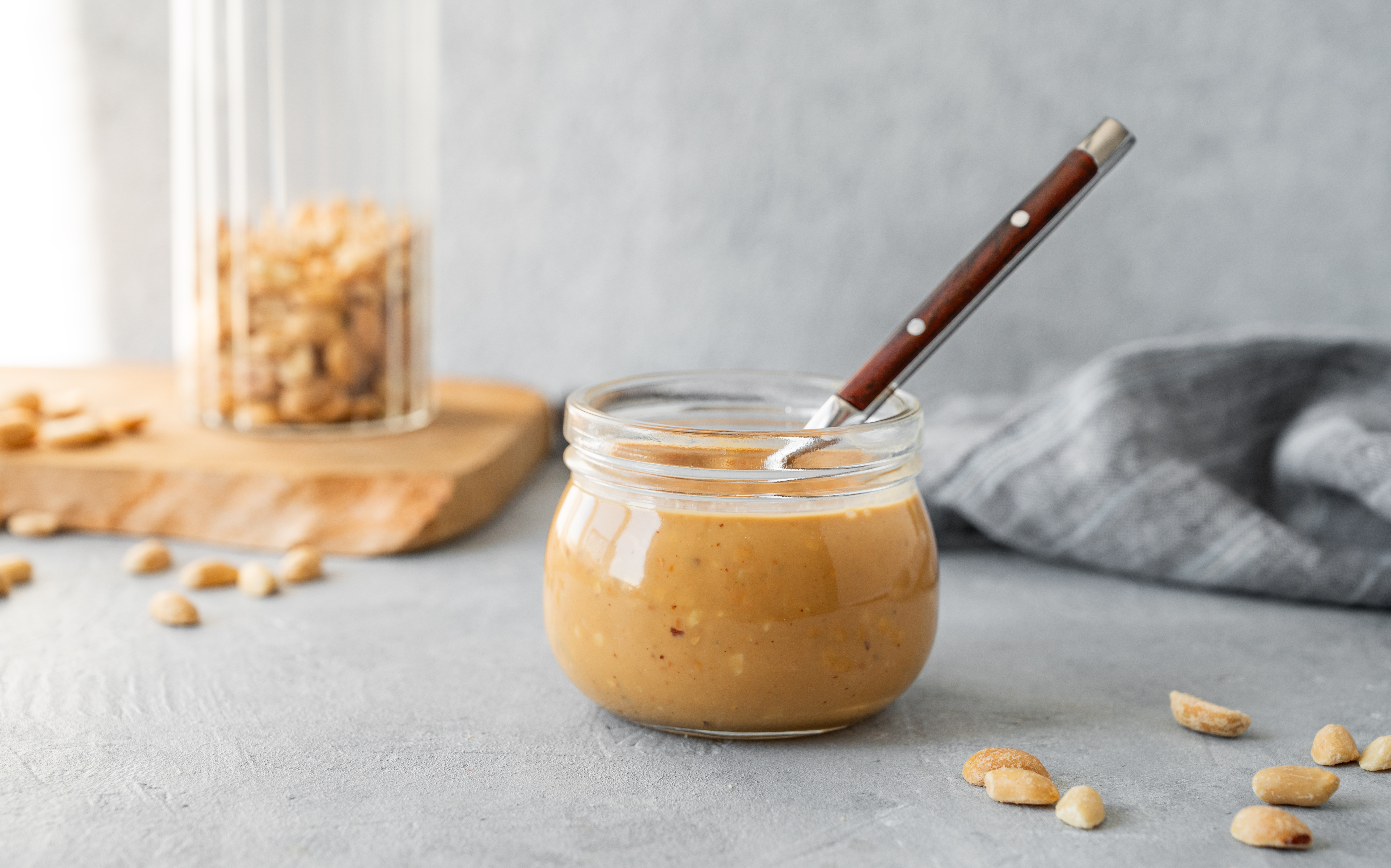
Nut butters, such as peanut and almond butter, are a fantastic source of protein and healthy fats for breakfast. However, they are also a double whammy for kidney health, containing high levels of both phosphorus and potassium. For individuals with kidney disease, a regular intake of these minerals can be harmful. To enjoy nut butters without compromising your kidney health, choose a plain, unsweetened version and limit your portion size. Opt for a small amount of nut butter on your toast, and pair it with a low-potassium fruit to create a balanced meal.
15. Herbal Teas: A Deceptively High Potassium Source

While many herbal teas are lauded for their health benefits, some varieties can be deceptively high in potassium. Teas made from dandelion, nettle, or chamomile, for example, are often used for their diuretic properties, but they can be problematic for individuals with kidney disease who need to monitor their potassium intake. The high concentration of potassium in these teas can contribute to a dangerous buildup in the blood. For a kidney-friendly alternative, it's safer to stick with plain water or consult a healthcare professional about which herbal teas are safe for you.
16. Energy Drinks: A Triple Threat

Energy drinks are a clear danger for kidney health, serving as a triple threat with high levels of caffeine, sugar, and often phosphoric acid. The high caffeine content can elevate blood pressure, putting stress on the kidneys. The added sugars can lead to weight gain and diabetes, both of which are major risk factors for kidney disease. Phosphoric acid, a form of phosphorus, can be particularly harmful, as it places a direct burden on the kidneys to filter it out. For a healthier alternative, consider water or unsweetened herbal teas to stay hydrated and energized without the kidney-damaging effects.
17. Canned Foods: The Sodium Surprise
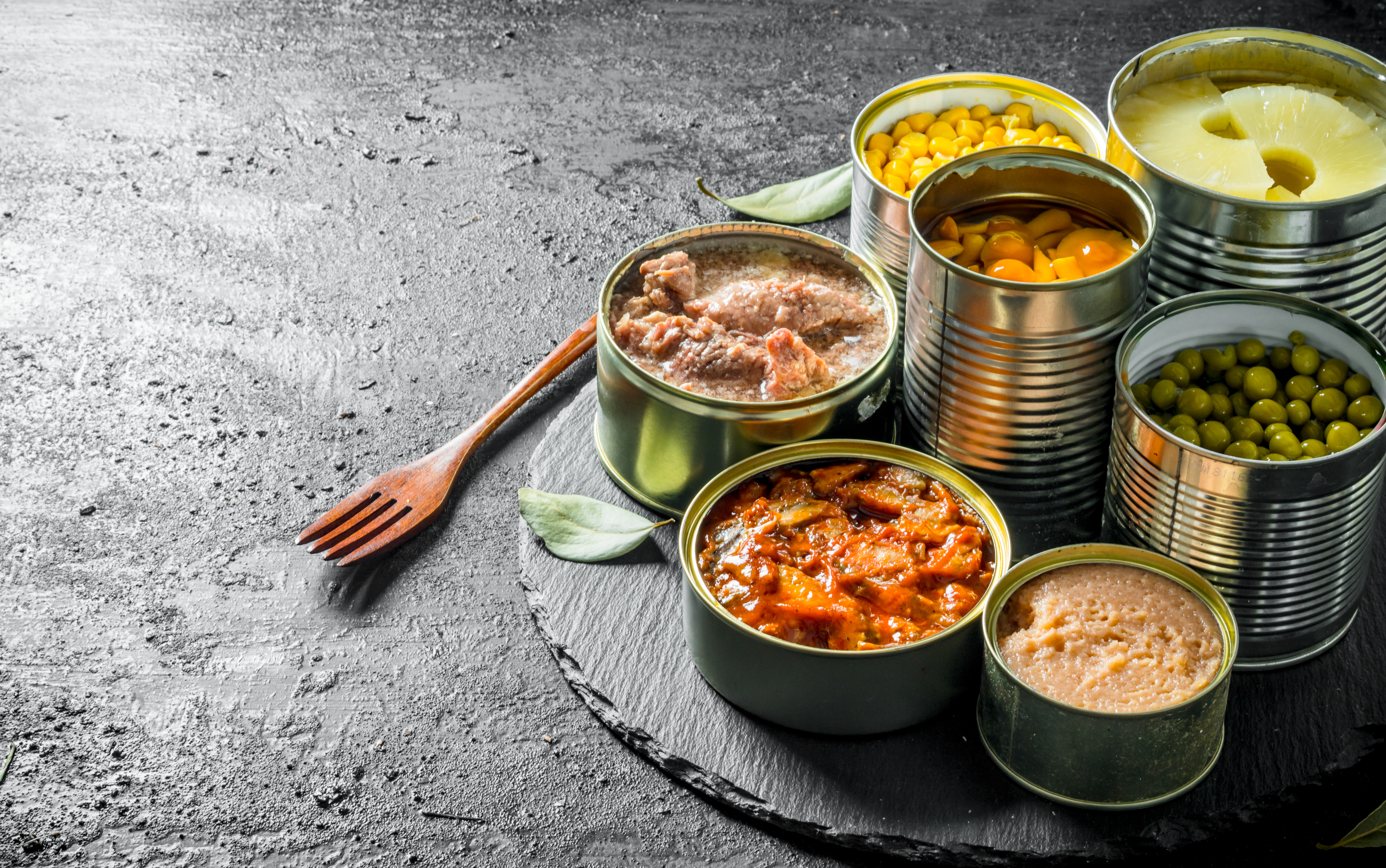
Beyond processed meats and sodas, many other canned foods, including vegetables, soups, and beans, can contain alarmingly high levels of sodium. Sodium is added to these foods as a preservative and flavor enhancer. Excessive sodium intake increases blood pressure and fluid retention, both of which are major stressors for the kidneys. When purchasing canned foods, always look for "low sodium" or "no salt added" labels. Rinsing canned beans and vegetables thoroughly before use can also help reduce their sodium content, making them a safer choice for a kidney-conscious diet.
18. Fish: A Protein and Phosphorus Challenge

While fish is celebrated for its heart-healthy omega-3 fatty acids, it's also a significant source of protein and phosphorus, which can be challenging for individuals with kidney disease. The kidneys’ job is to filter the waste products of protein metabolism, and a high-protein diet can be a strain. Additionally, many types of fish, especially canned varieties, are high in phosphorus. For those with kidney concerns, it's important to consume fish in moderation and choose a fish that is lower in phosphorus, such as cod or sea bass, to support kidney function without causing harm.
19. Yogurt: The Phosphorus and Potassium Paradox
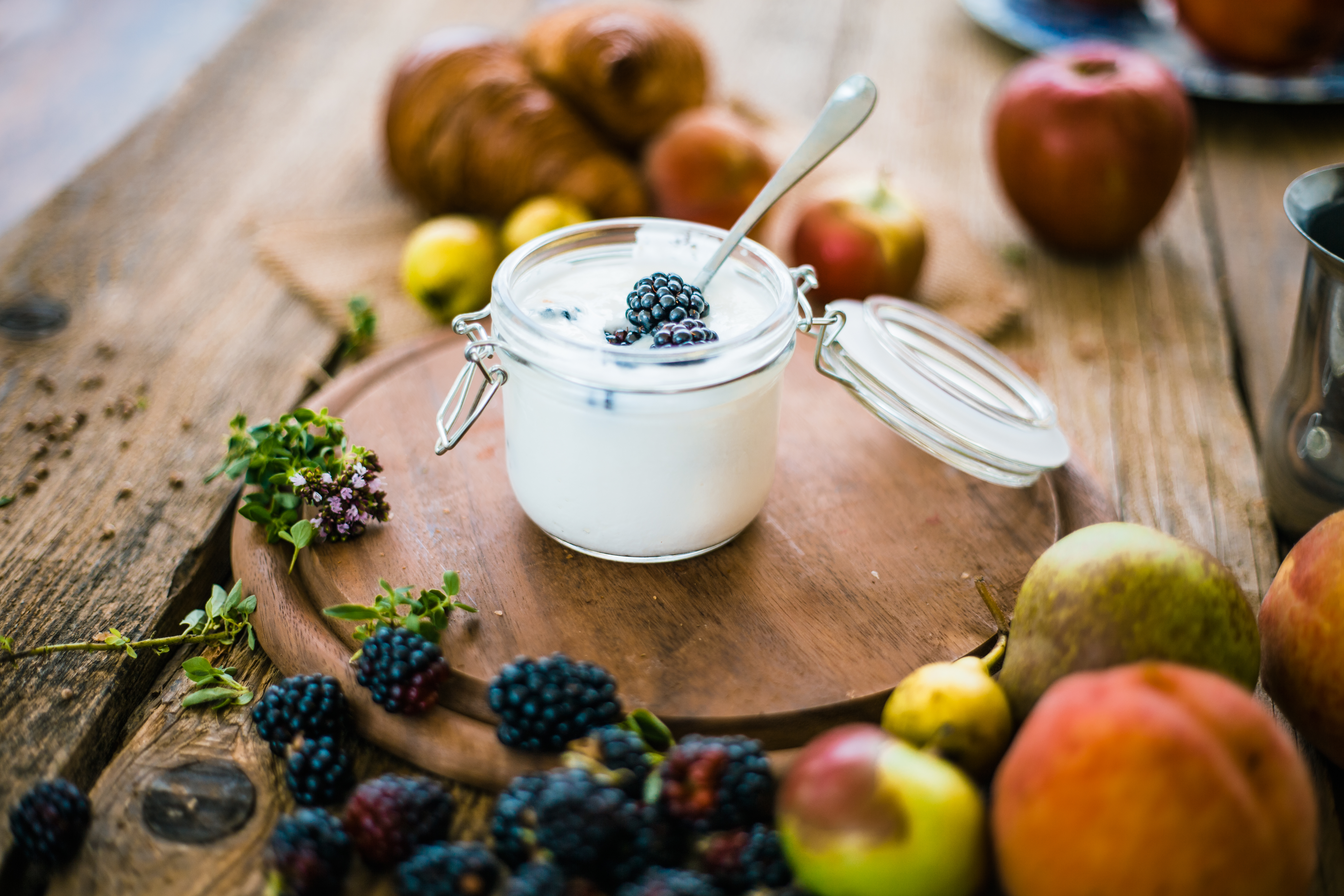
Yogurt is often touted as a healthy breakfast or snack, but for those with kidney disease, its high phosphorus and potassium content can be a paradox. While yogurt offers beneficial probiotics and calcium, these minerals can accumulate to dangerous levels in the blood of individuals with impaired kidney function. For a kidney-friendly alternative, choose plain, unsweetened yogurt and monitor your portion sizes. You can also explore low-phosphorus, non-dairy alternatives like oat milk-based yogurts, which allow you to enjoy a similar texture and flavor without compromising your kidney health.
20. Bottled Smoothies: The Sweet, Unseen Burden
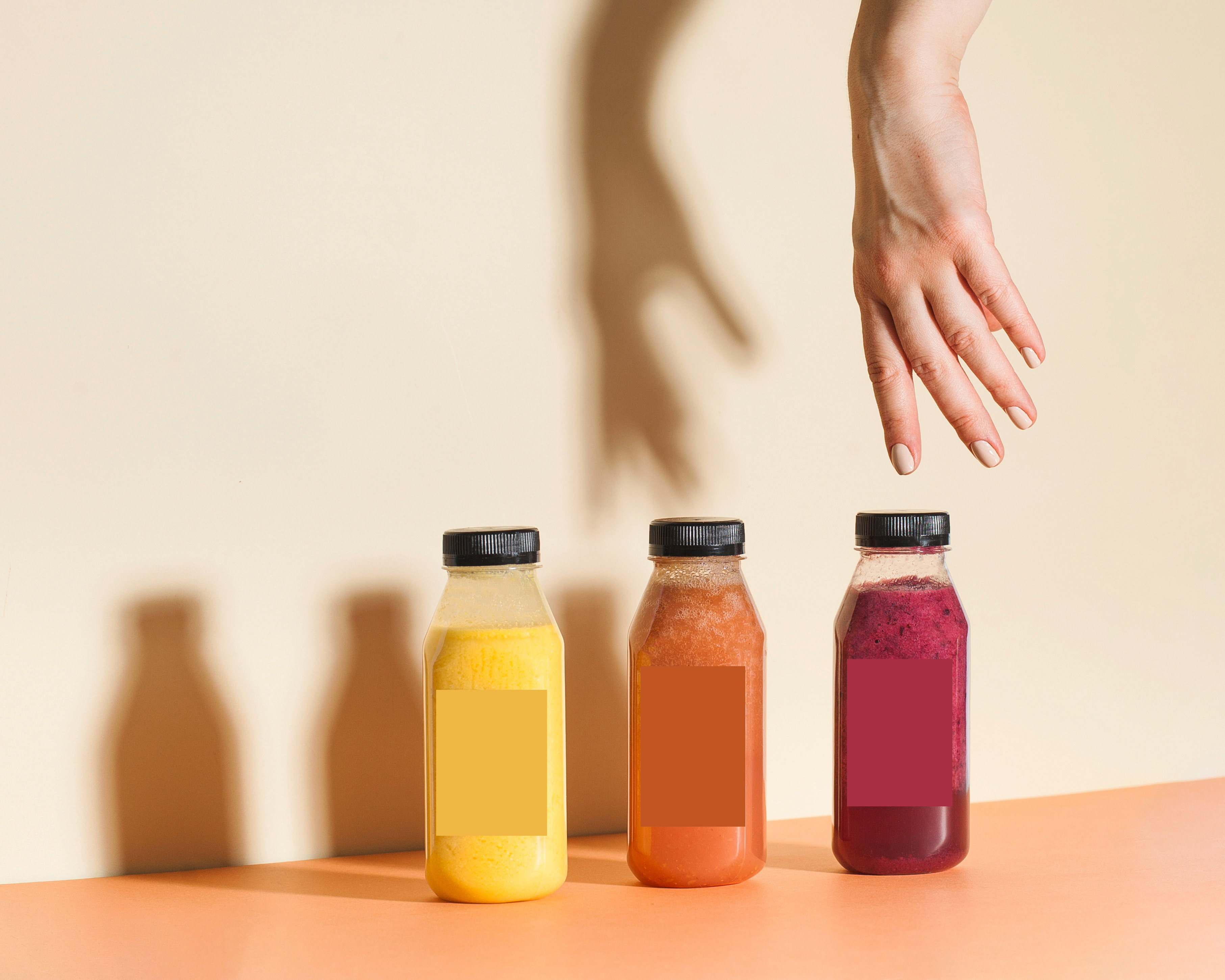
Bottled smoothies from grocery stores or cafes often appear to be a healthy, quick breakfast, but they can be a significant danger to kidney health. Many of these pre-made beverages are packed with hidden sugars and high-potassium fruits like bananas and mangoes. The process of blending breaks down the fiber, leading to a rapid spike in blood sugar, which over time, can lead to diabetes, a leading cause of kidney disease. Moreover, some commercial smoothies use fruit concentrates and artificial additives that can further stress the kidneys. A better choice is to create your own smoothie at home with low-potassium fruits like berries and apples, paired with a low-phosphorus liquid base like rice milk.
21. Soy Products: A Phosphorus Overload
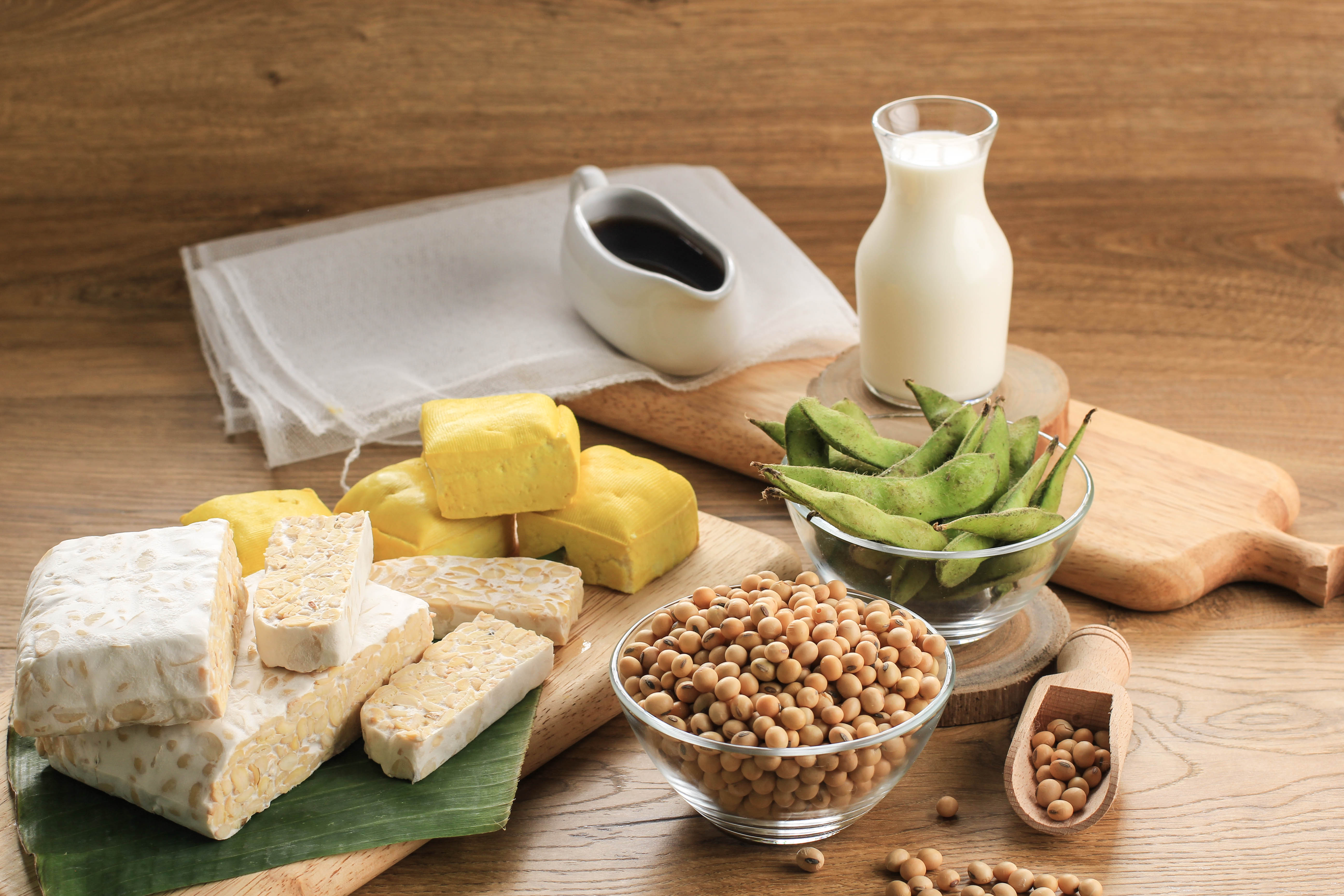
Soy-based products like soy milk and tofu have become popular breakfast staples for those seeking plant-based alternatives. While they are great sources of protein, they can be a phosphorus overload for individuals with kidney disease. The kidneys are responsible for filtering out excess phosphorus, and when they can't, it can lead to dangerous bone and heart problems. Many processed soy products, like some breakfast patties, also contain added sodium and preservatives. For a safer, kidney-friendly breakfast, consider swapping out soy milk for rice or almond milk, and opt for a different protein source like an egg or a small serving of cottage cheese.
22. Whole Wheat Bread: The Hidden Phosphorus Trap
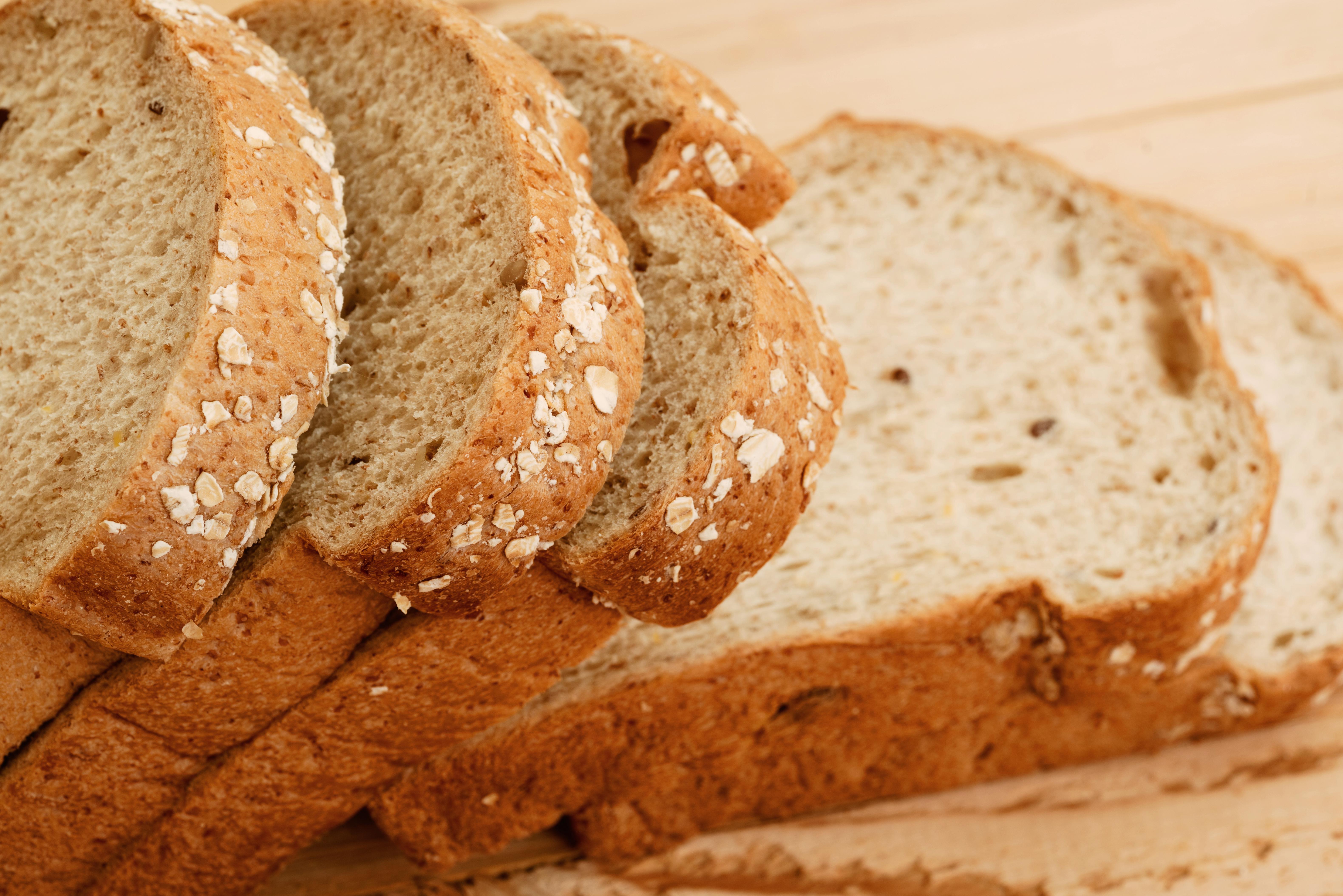
Whole wheat bread is typically praised for its fiber content, but for individuals with kidney disease, it can be a hidden phosphorus trap. The phosphorus in whole grains is less absorbable than in other foods, but a high-fiber, whole-grain diet can still lead to an overload. When the kidneys can't filter out excess phosphorus, it builds up in the blood, leading to bone and heart problems. If you have kidney concerns, consider swapping whole wheat bread for white bread, which has a lower phosphorus content. While it may seem counterintuitive, in this specific case, the lower phosphorus content makes it the healthier choice.
23. Instant Oats: More Than Just a Quick Cook

Instant oats are a convenient, quick breakfast, but their phosphorus content can be a major issue for those with compromised kidney function. While oats are generally a healthy food, the instant varieties are often fortified with additional minerals and preservatives that can place a significant burden on the kidneys. Additionally, many instant oatmeal packets come with high-sugar flavorings and can be a source of added sodium. For a healthier, kidney-friendly alternative, choose regular rolled oats and prepare them yourself. This allows you to control the ingredients and pair them with low-potassium fruits and a touch of cinnamon instead of high-sugar, high-sodium packets.
24. Frozen Waffles and Pancakes: The Phosphorus-Packed Convenience
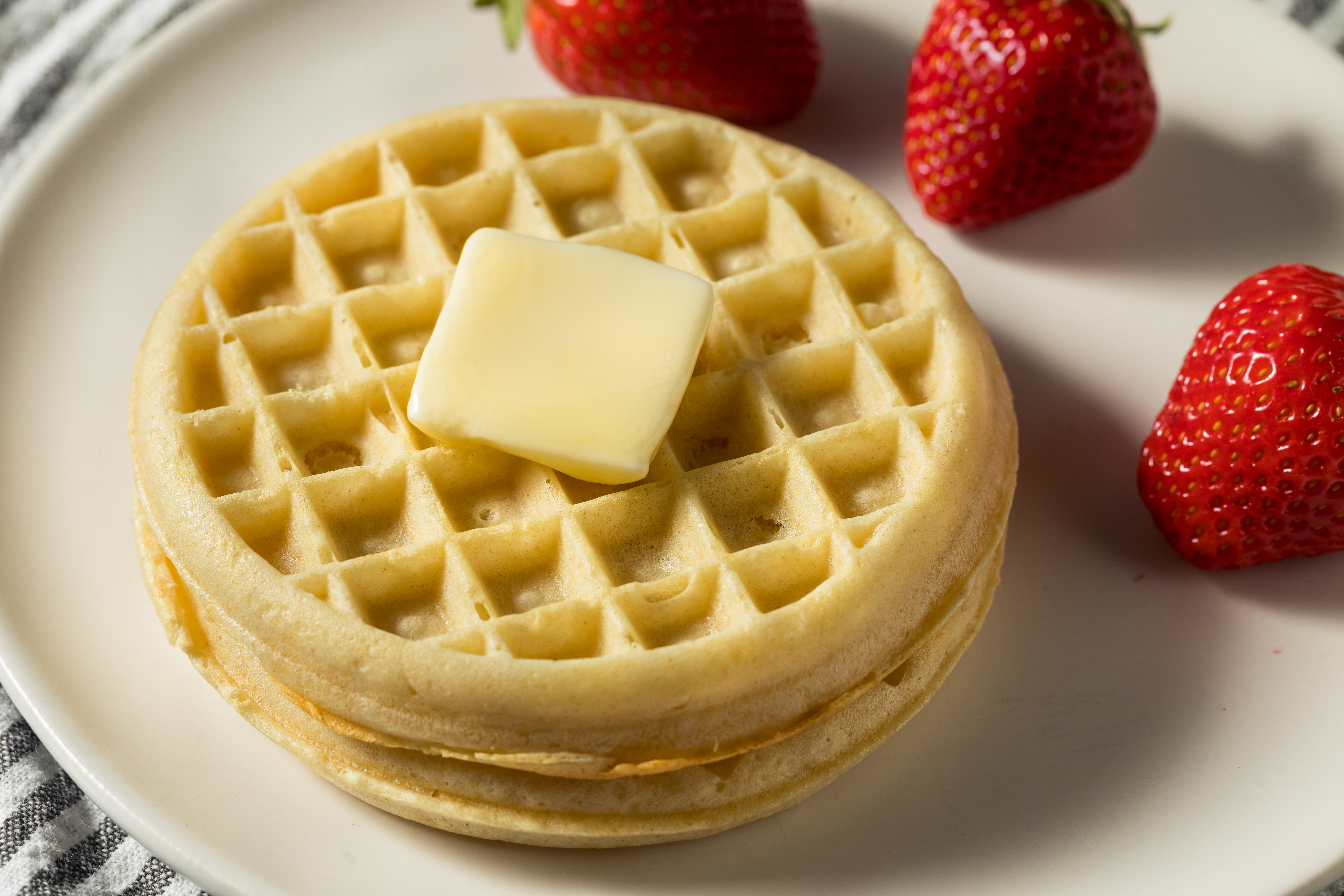
Frozen waffles and pancakes offer a quick, convenient breakfast solution, but they can be a significant source of phosphorus and sodium for those with kidney disease. Many frozen baked goods are made with leavening agents that contain phosphorus, which can accumulate to dangerous levels in the blood. Additionally, these products often contain high levels of sodium to extend their shelf life and enhance their flavor. A better, kidney-friendly alternative is to make your own pancakes or waffles from scratch using a phosphorus-free baking powder and whole-grain flour. This allows you to control the ingredients and enjoy a delicious breakfast without compromising your kidney health.
25. Protein Shakes: A Concentrated Mineral Burden
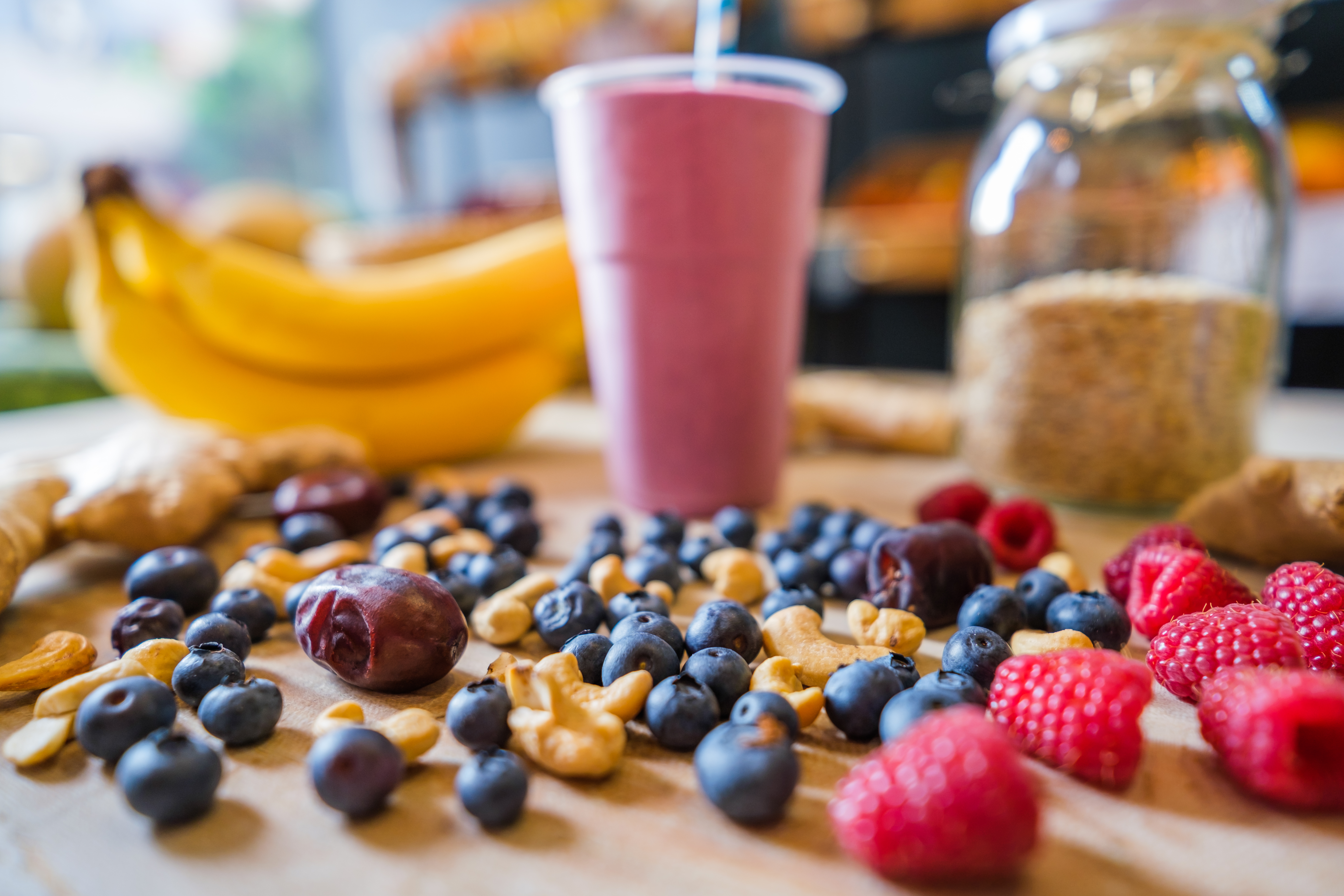
Protein shakes are a popular breakfast choice, but many commercial brands are loaded with concentrated amounts of phosphorus and potassium, which can be detrimental to kidney health. Whey and casein protein powders, in particular, are naturally high in these minerals. For individuals with compromised kidneys, consuming a large dose of these minerals in one sitting can lead to a dangerous buildup in the blood. Instead of a pre-made shake, opt for a small, balanced breakfast with a natural source of protein, like a single egg or a small portion of tofu, to provide your body with the nutrients it needs without the mineral burden.
26. Dried Nuts and Trail Mix: A Crunchy Potassium and Phosphorus Trap
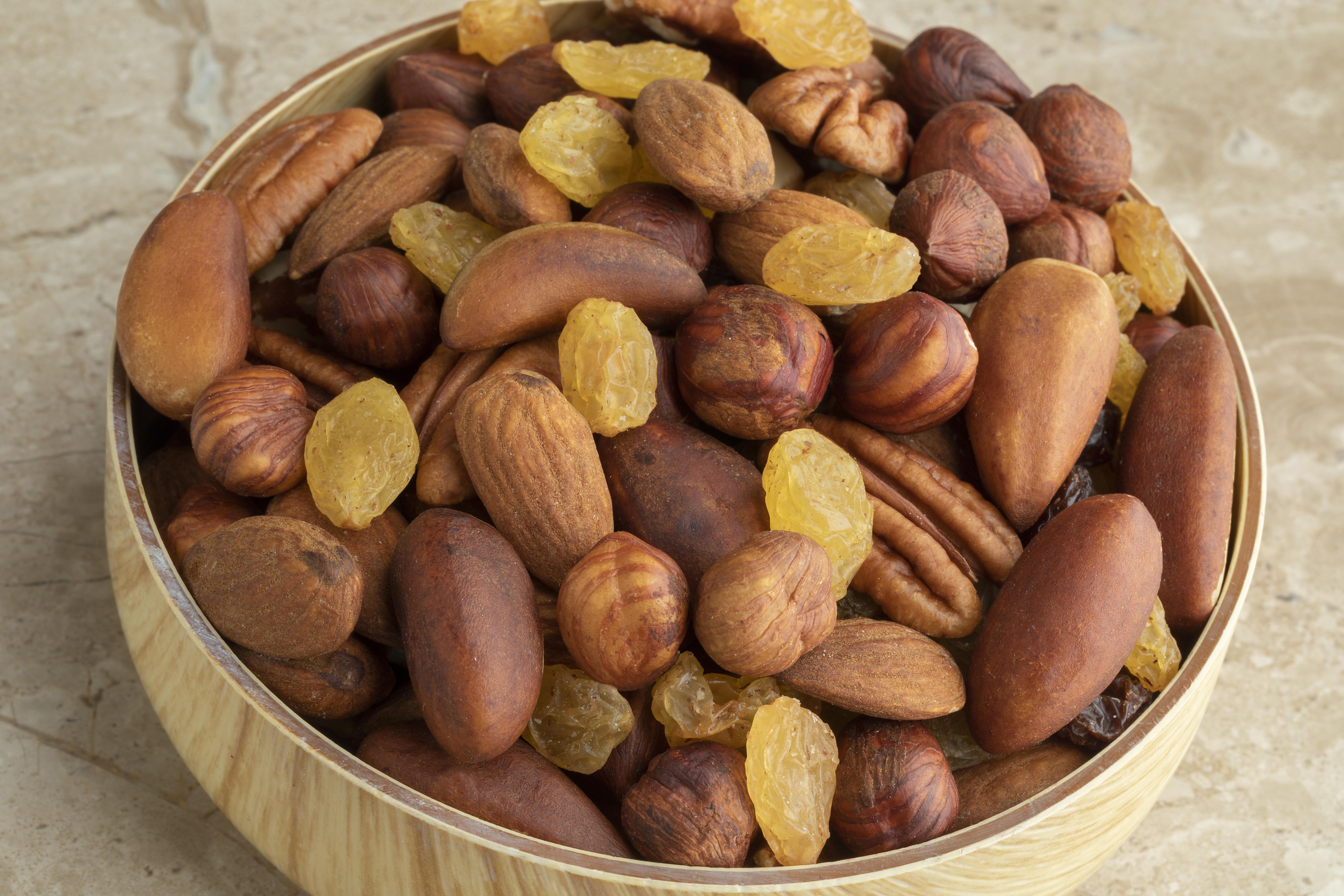
Dried nuts and trail mix are often seen as a healthy, convenient breakfast, especially when added to oatmeal or yogurt. However, nuts are a concentrated source of both phosphorus and potassium, two minerals that failing kidneys struggle to filter. The issue is especially pronounced with dried fruits in trail mix, which are a concentrated source of sugar and potassium. A small handful of these can add a significant mineral load to your breakfast. It's better to choose a breakfast with low-potassium, low-phosphorus foods like puffed rice cereal or white bread.
27. Breakfast Bars: The Hidden Sodium and Additive Trap

While some breakfast bars appear healthy, many are highly processed and contain hidden sodium and preservatives. A single bar can have more sodium than a serving of potato chips, which can increase blood pressure and strain the kidneys. Additionally, many bars contain artificial additives, sugar alcohols, and high-fructose corn syrup, all of which place a burden on the kidneys to filter out. A safer alternative is to make your own breakfast bars at home with whole grains and natural sweeteners, giving you complete control over the ingredients.
28. Canned Breakfast Meats: A Salt and Phosphate Overload
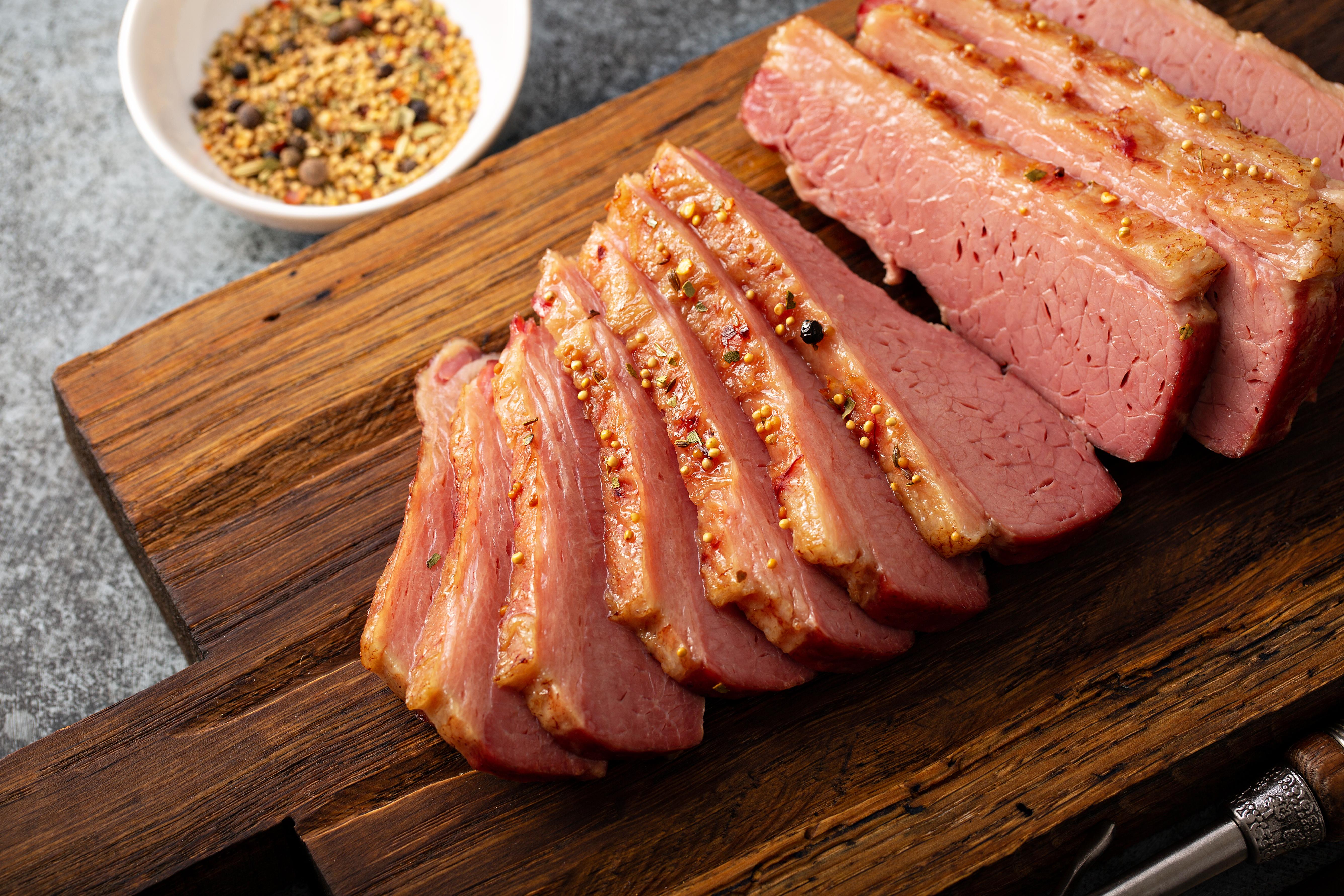
Beyond just processed meats, canned breakfast meats like corned beef hash or sausage patties are a particular concern for kidney health. These products are not only packed with sodium for preservation and flavor but also contain phosphates, a type of phosphorus used as a food additive to improve texture and shelf life. This highly absorbable form of phosphorus can be especially dangerous for individuals with kidney disease, as it can be easily absorbed into the blood. Choosing fresh, unprocessed protein and seasoning it yourself is a much safer way to start your day.
29. Bagels: The Refined Carb and Sodium Bomb
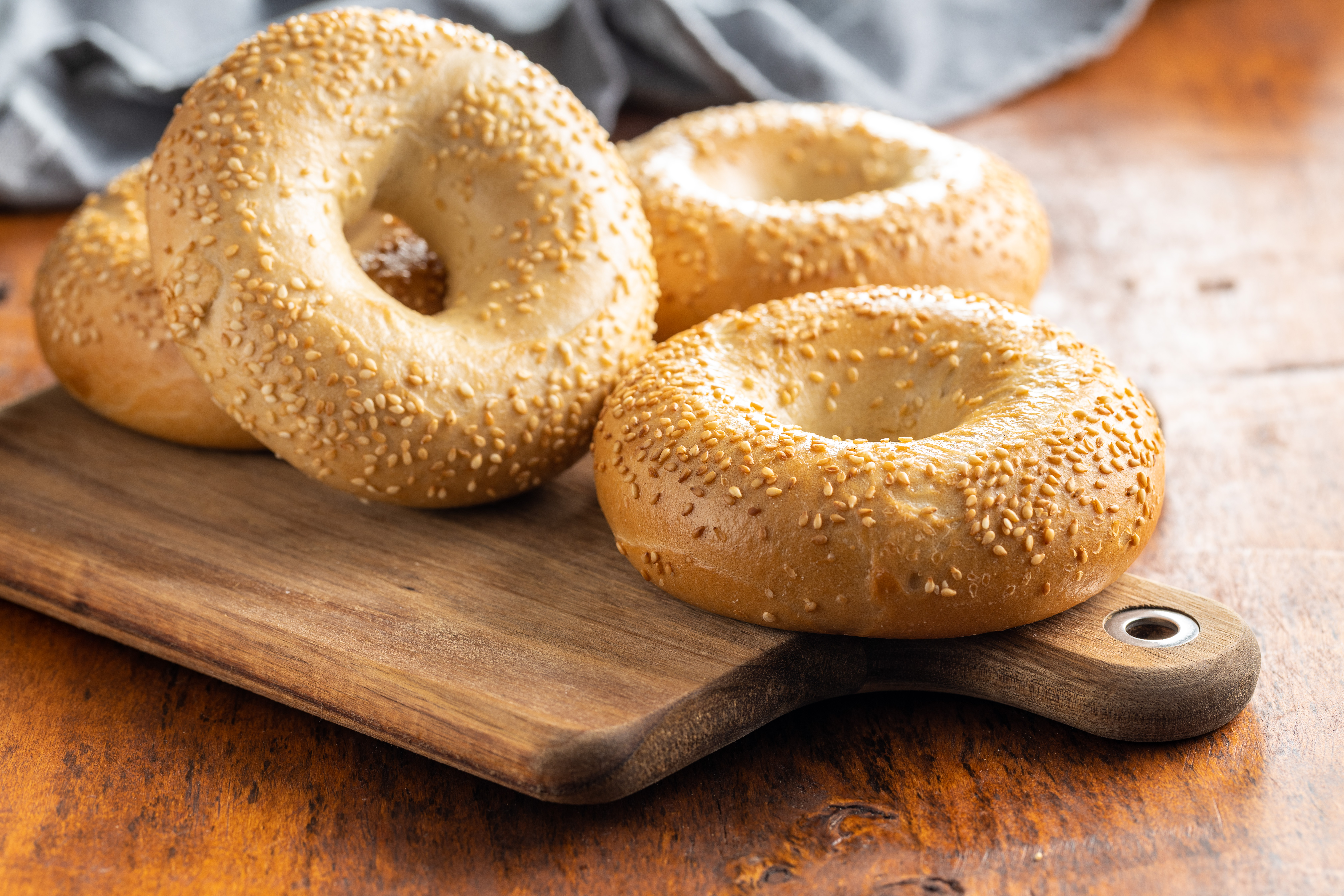
A bagel with cream cheese is a common breakfast, but it can be a double whammy for your kidneys. Bagels are made from refined white flour, which is a simple carbohydrate that can cause a rapid spike in blood sugar, a major risk factor for diabetes and kidney disease. Additionally, a single bagel can contain a high amount of sodium. Pair that with cream cheese, which is also high in sodium and saturated fat, and you have a breakfast that can lead to weight gain and increased blood pressure, both of which put significant strain on your kidneys.
30. Cereal Bars: A Highly Processed Sugar and Fat Trap
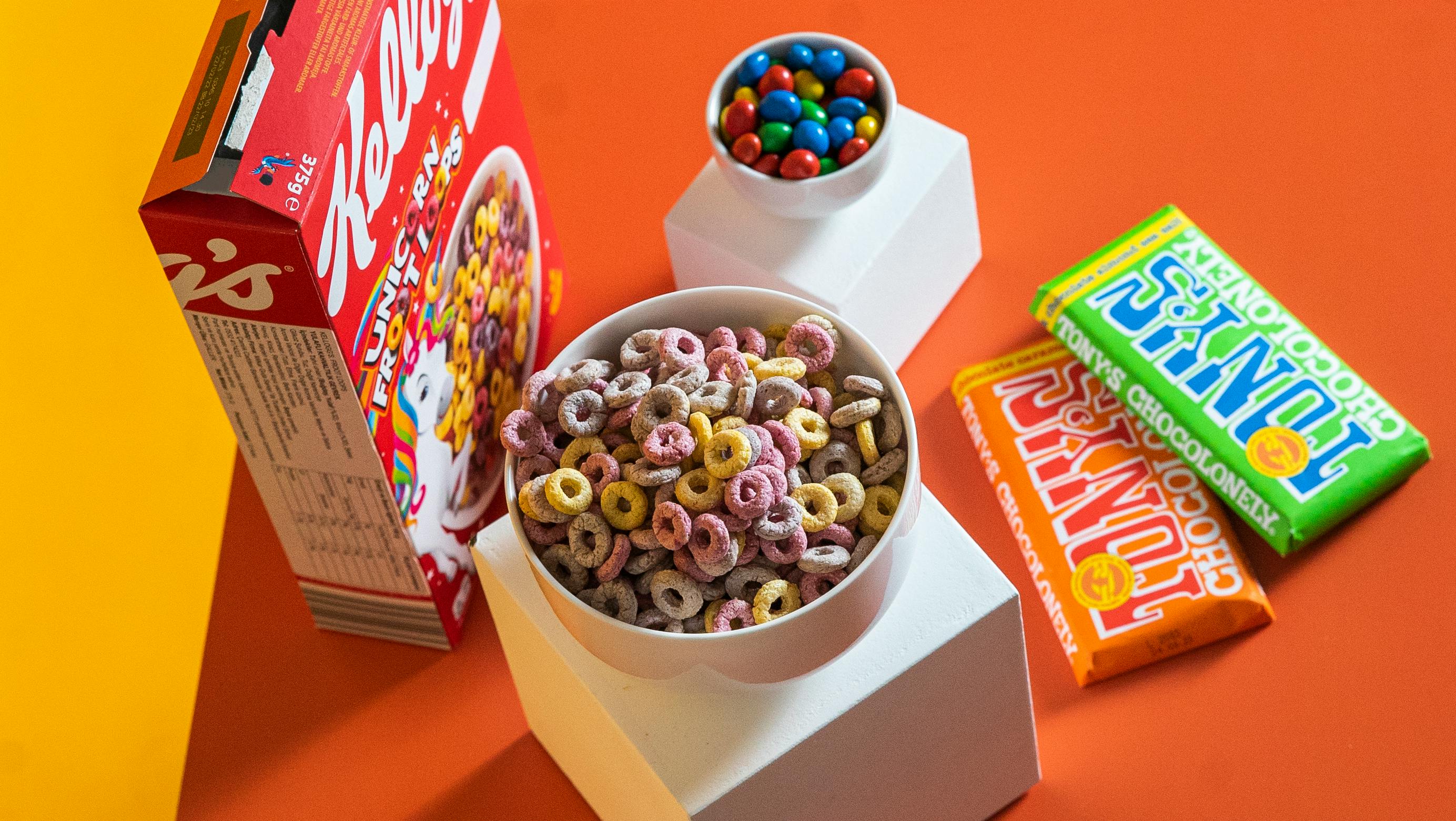
Cereal bars are marketed as a quick, healthy breakfast, but they're often a highly processed trap for your kidneys. The main ingredients are typically refined grains, high-fructose corn syrup, and unhealthy fats like palm or soybean oil. These ingredients offer little nutritional value and can lead to weight gain and high blood sugar, both major risk factors for kidney disease. Additionally, many of these bars contain a surprising amount of sodium. The combination of these refined ingredients and hidden salts places a significant and unnecessary burden on your kidneys. A healthier, kidney-friendly option is to make your own breakfast bar at home using oats, nuts, and natural sweeteners.
31. Instant Breakfast Mixes: The Hidden Phosphorus and Potassium
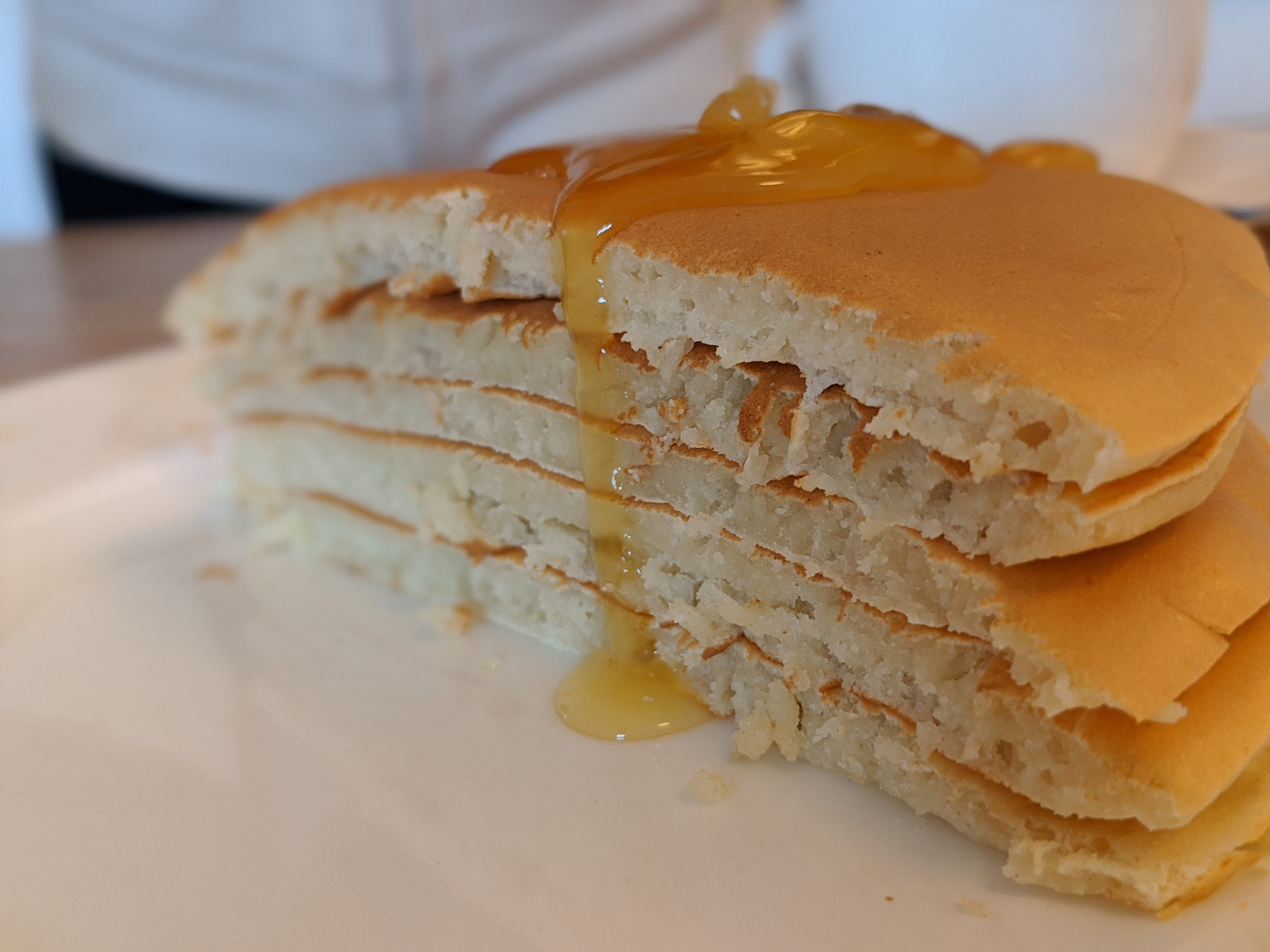
Instant breakfast mixes, which you add to milk or water, can seem like an easy, nutritious start to the day. However, they are often loaded with a powdered cocktail of hidden phosphorus and potassium. Manufacturers use these minerals as additives and stabilizers, and their concentrated, powdered form makes them highly absorbable. For individuals with compromised kidney function, this can lead to a dangerous buildup of minerals in the blood, which can cause weakened bones and other serious health problems. It's always best to prepare a simple breakfast from scratch to control the ingredients.
32. Whole-Grain Breakfast Burritos: A Sodium and Protein Bomb

While whole-grain tortillas are a healthier choice, pre-made breakfast burritos can be a major kidney risk. These convenient meals are often a perfect storm of sodium and protein. The tortillas and fillings are typically high in sodium, which puts significant strain on the kidneys to regulate fluid balance and blood pressure. The large amount of protein from ingredients like eggs, sausage, and beans can also be a burden. When the body metabolizes protein, it creates waste products that the kidneys must filter. Excessive protein intake can overload the kidneys over time. A healthier alternative is to make a simple breakfast taco at home with fresh, low-sodium ingredients.
33. Restaurant-Style Breakfast Meals: The Uncontrolled Sodium and Fat

Restaurant breakfasts, from diners to hotels, often prioritize flavor over health, which can be detrimental to kidney function. They are typically loaded with hidden sodium, butter, and unhealthy oils to enhance taste and appearance. Dishes like omelets with cheese and sausage, or a side of hash browns, can easily exceed the daily recommended intake of sodium for an individual with kidney disease. The excess sodium and unhealthy fats can contribute to high blood pressure and put a significant burden on the kidneys. It's always a safer bet to prepare your own breakfast at home to control the ingredients and cooking methods.
34. Salt Substitutes: A Hidden Potassium Danger
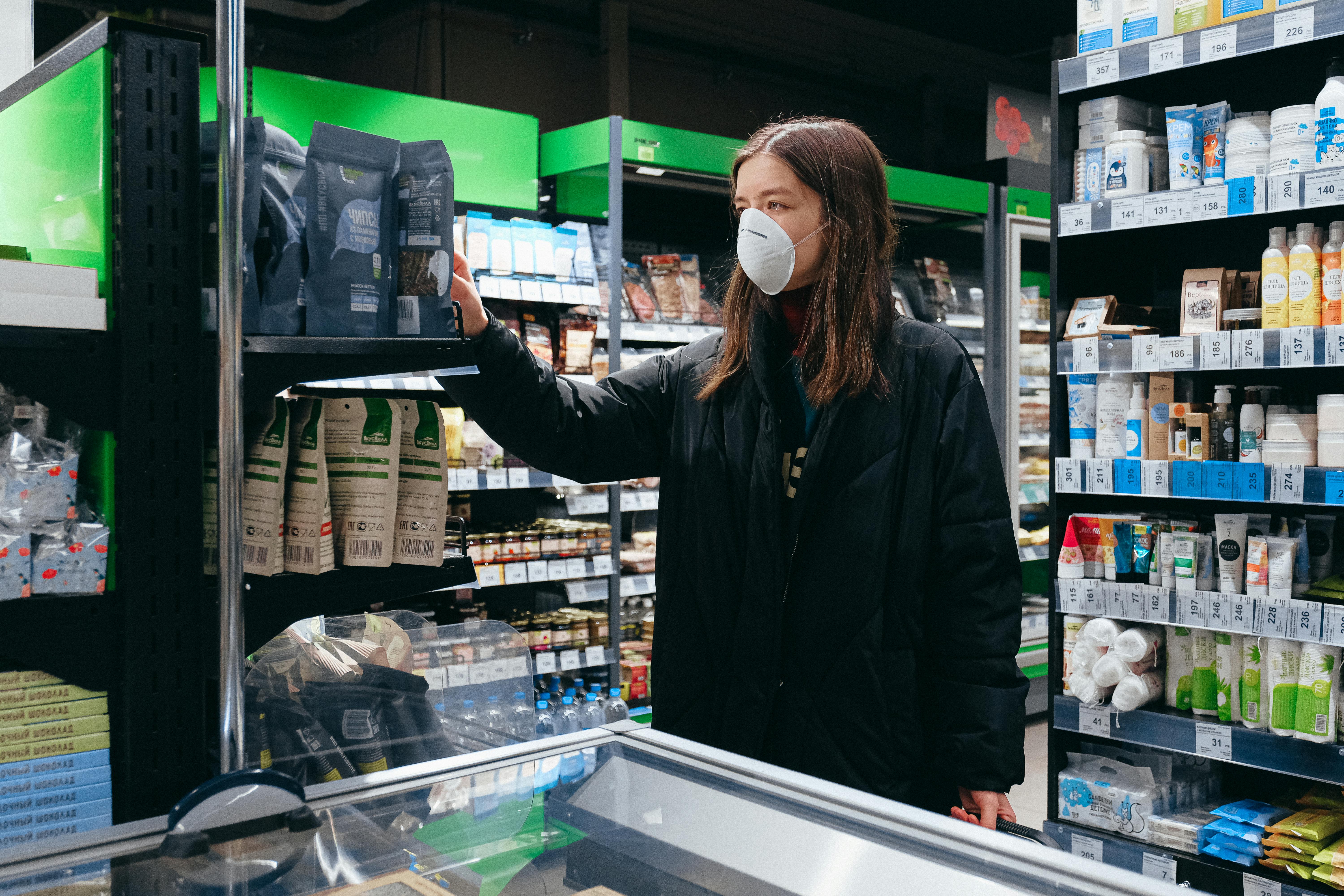
For those looking to reduce their sodium intake, salt substitutes often seem like a healthy solution. However, many of these products replace sodium with potassium chloride. While this is generally safe for people with healthy kidneys, it can be extremely dangerous for individuals with compromised renal function. When the kidneys can't properly filter out potassium, it can accumulate in the blood and lead to a life-threatening condition called hyperkalemia. It's a prime example of a seemingly healthy product that can have a serious, and often overlooked, negative impact on your kidneys.
35. Commercial Granola: The Hidden Sugar and Sodium Trap
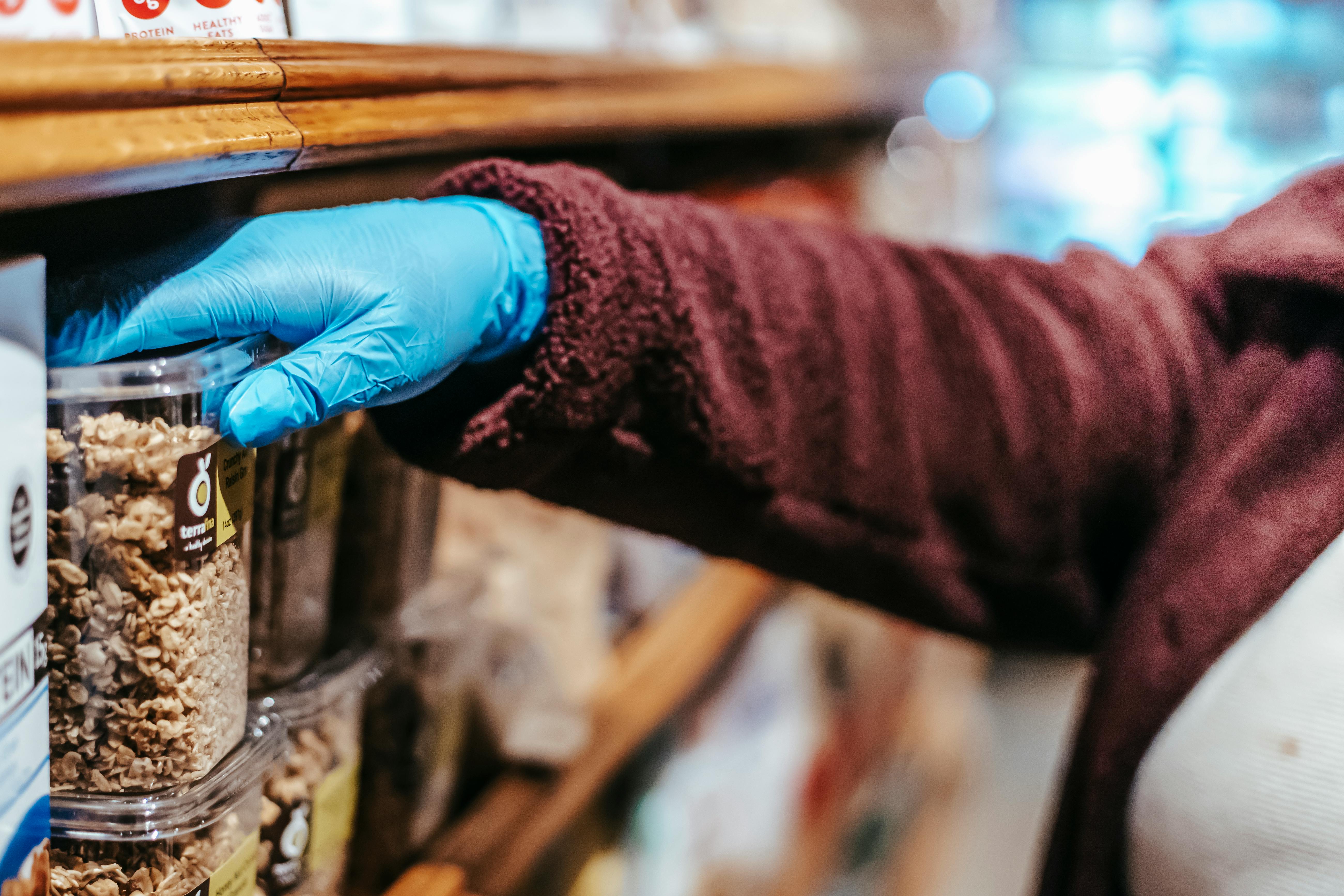
Many people think of granola as a wholesome, healthy breakfast, but most commercial versions are a silent trap for your kidneys. To make granola crunchy and delicious, manufacturers use large amounts of added sugar, syrups, and unhealthy oils that can lead to weight gain and diabetes—both of which are major risk factors for kidney disease. Additionally, many granolas contain nuts and seeds, which are high in both phosphorus and potassium. The combination of sugar, fat, and these minerals makes commercial granola a concentrated burden on your kidneys. For a safer option, make your own granola at home using a low-sodium, low-phosphorus recipe.
36. Canned Tomato Juice: A Salty, High-Potassium Start
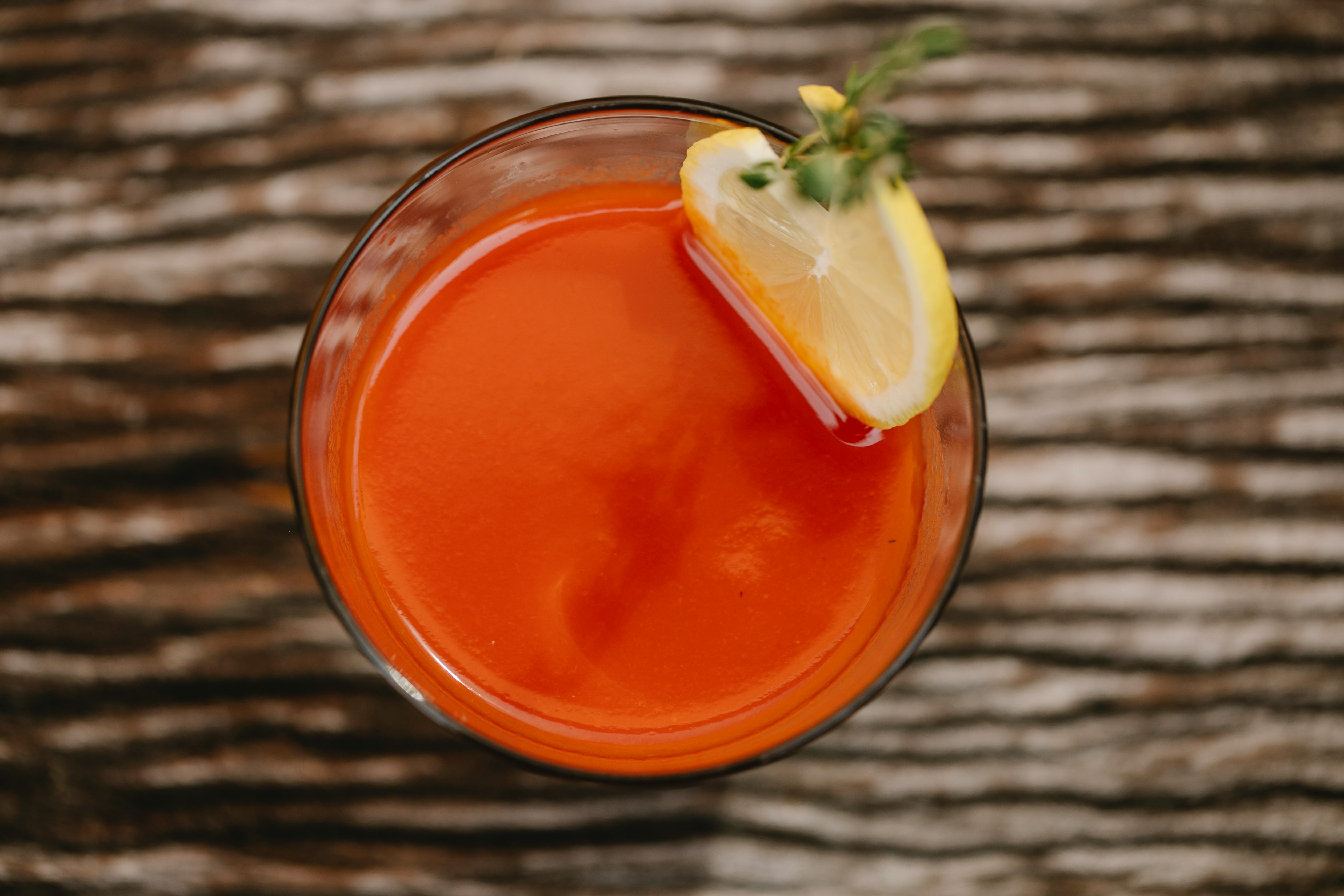
While tomatoes are rich in vitamins, canned tomato juice can be a significant hidden source of sodium and potassium, making it a very poor choice for kidney health. Many brands add salt as a preservative and flavor enhancer, leading to a high-sodium beverage that can contribute to high blood pressure. Additionally, tomatoes are naturally high in potassium, a mineral that impaired kidneys struggle to filter. The concentrated nature of the juice makes it easy to consume a large, and potentially dangerous, amount of both sodium and potassium in one sitting. A better choice is to eat a few slices of a fresh tomato or use a small amount of low-sodium tomato paste.
37. Whole Milk: The Hidden Phosphorus and Saturated Fat
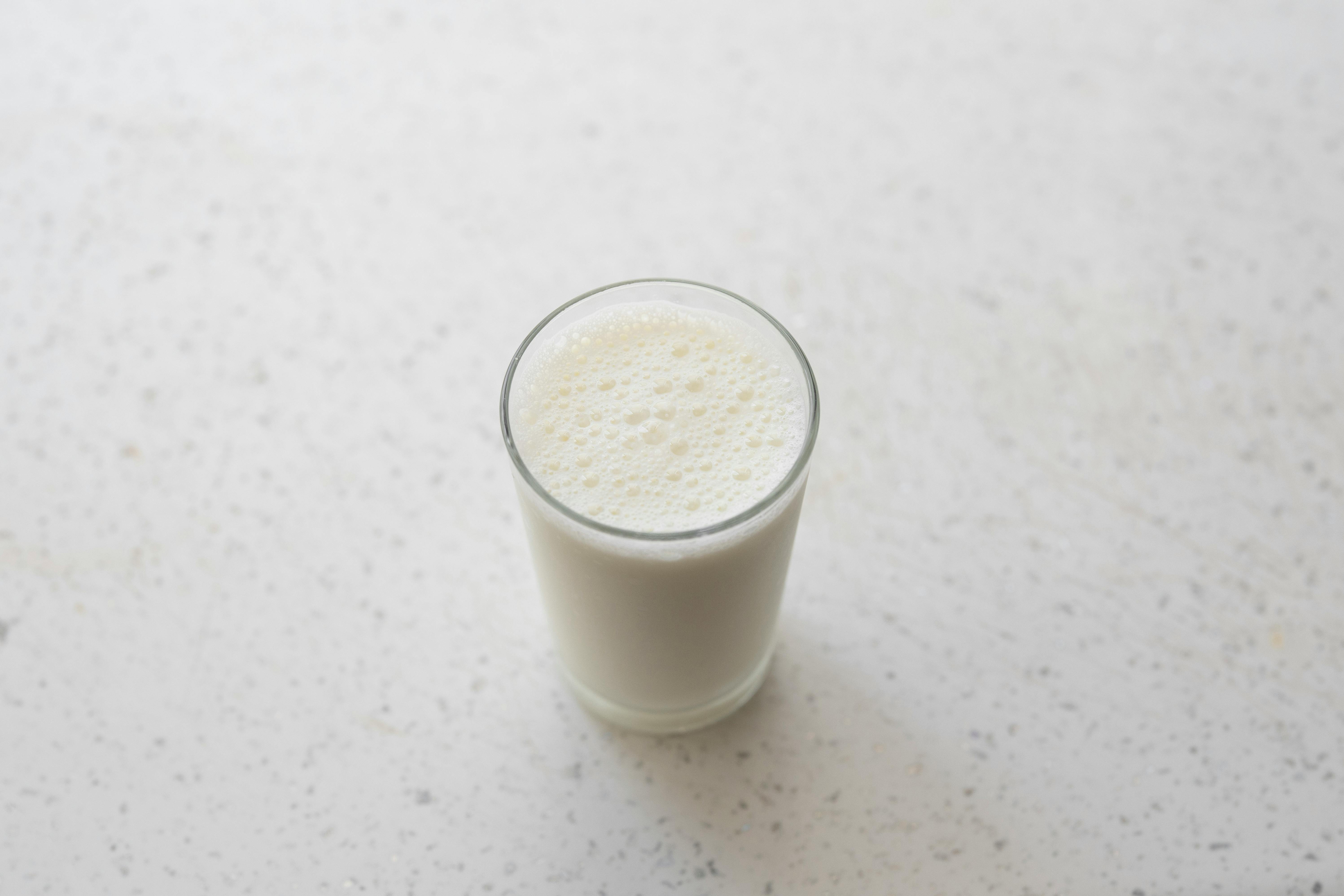
While we've already mentioned milk's benefits, whole milk is a different story for kidney health. It's a significant source of saturated fat, which can contribute to weight gain and inflammation, both of which are bad for your kidneys. More importantly, whole milk is high in phosphorus, a mineral that can build up to dangerous levels in the blood of individuals with kidney disease, causing bone and heart problems. For a kidney-friendly alternative, it’s best to choose unsweetened rice milk or a fortified almond milk, both of which have a much lower phosphorus content.
38. The Gluten-Free Health Halo: A Sugar and Sodium Trap
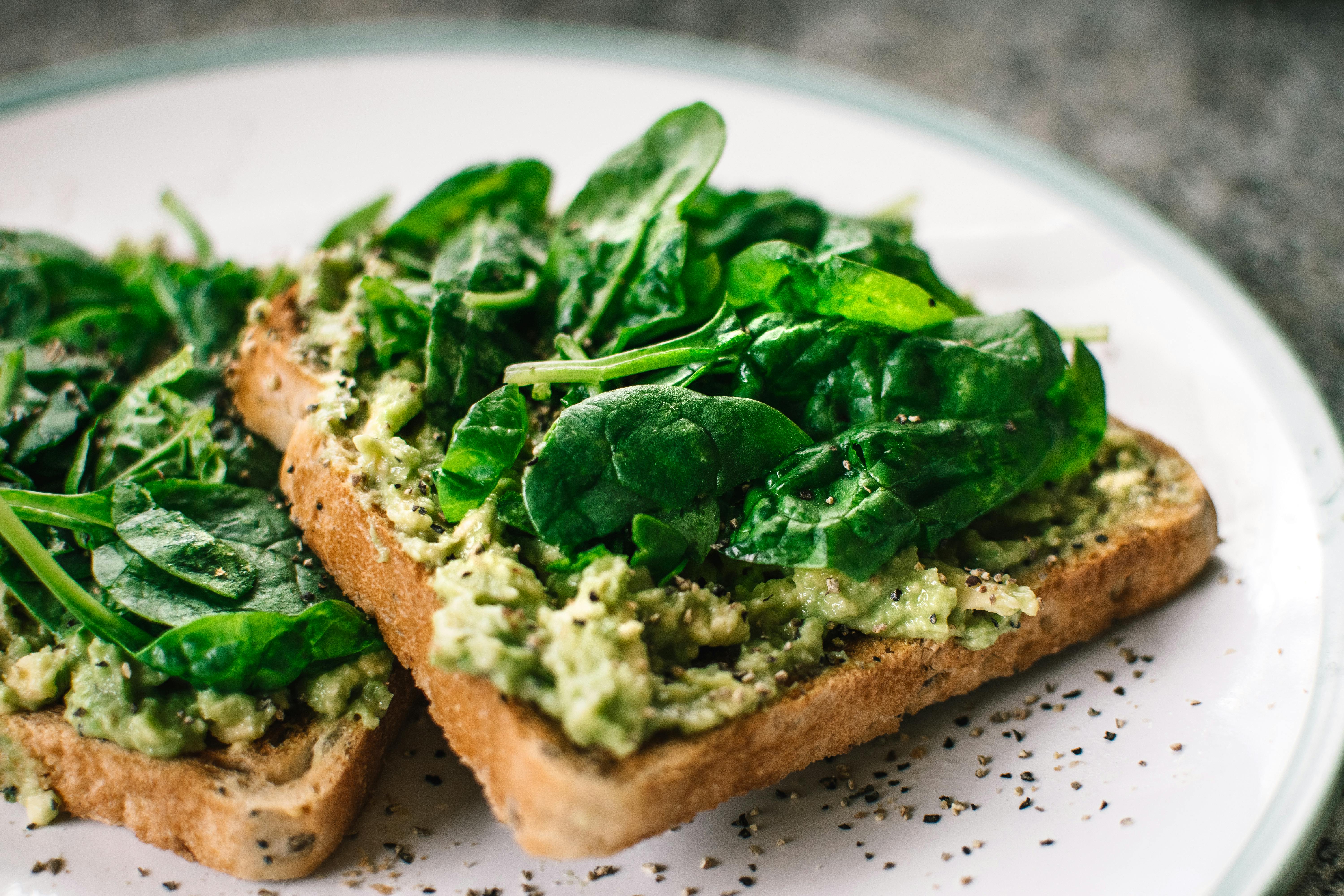
Many people assume that going gluten-free is a healthier choice, but this is a dangerous assumption for kidney health. To improve the taste and texture of gluten-free breakfast foods like breads and muffins, manufacturers often use large amounts of refined starches, sugar, and sodium. These ingredients are a problem for anyone but are especially risky for those with kidney concerns. The high sugar content can contribute to diabetes, while the added sodium puts unnecessary stress on the kidneys. Unless you have celiac disease or a confirmed gluten sensitivity, don’t assume a gluten-free breakfast is a better choice for your kidneys.
39. Low-Calorie Syrups and Jams: The Hidden Sugar Alcohol Threat
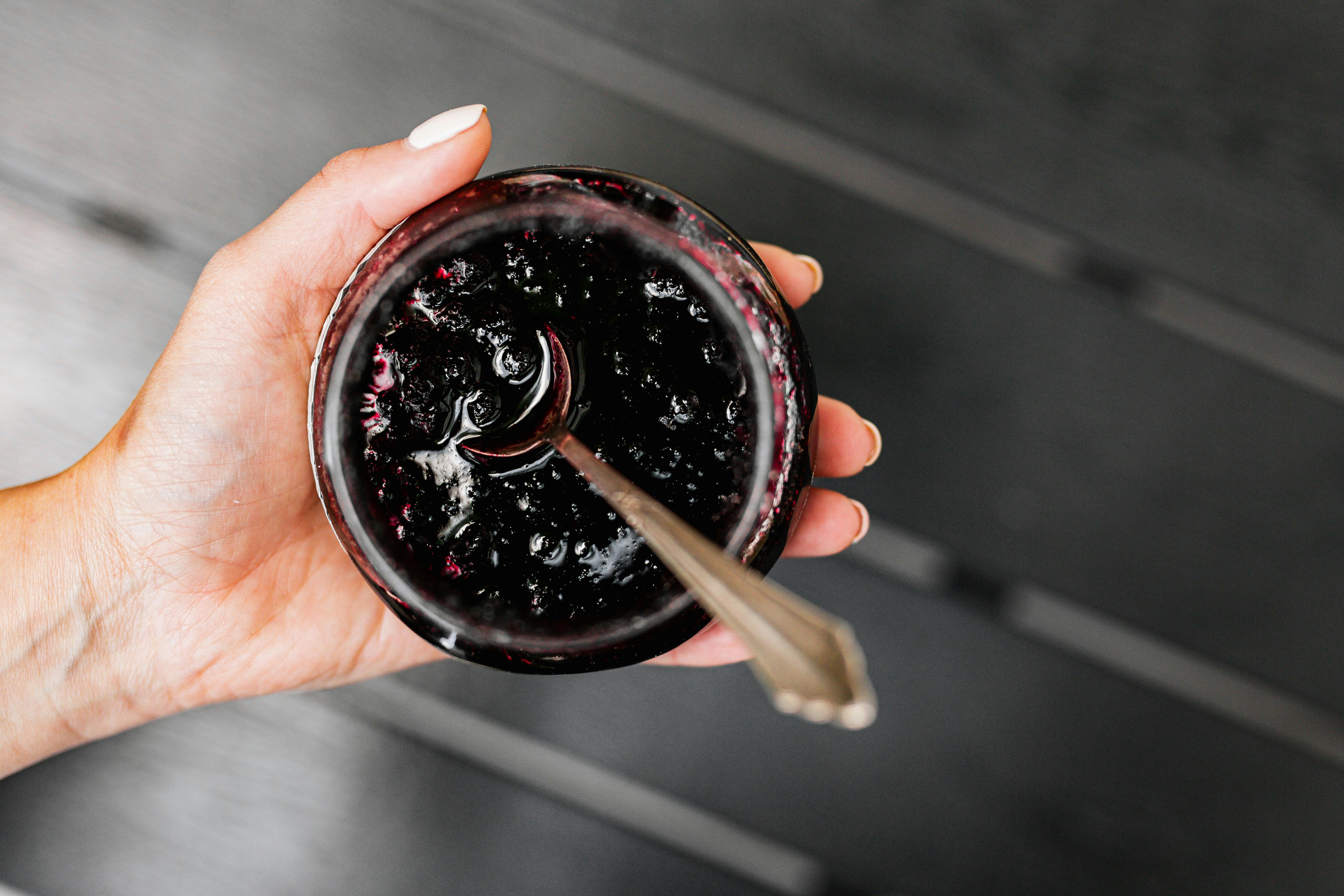
Many people try to make pancakes and waffles healthier by using low-calorie syrups and jams. However, many of these products are made with sugar alcohols (such as sorbitol and erythritol) and high-fructose corn syrup. While they may be lower in calories, these sweeteners can be difficult for the body to process and can cause gastrointestinal distress. More importantly, the frequent consumption of these highly-processed ingredients places an unnecessary burden on the kidneys to filter out the artificial components. It's a much safer and healthier choice to use a small amount of pure maple syrup or a homemade fruit compote with no added sugar.
40. High-Phosphorus Drinks: The Hidden Burden

The focus on food can sometimes distract from the drinks we consume. Many popular beverages, especially colas and some energy drinks, contain phosphoric acid as a preservative and flavor enhancer. This inorganic phosphate is highly absorbable by the body, placing a direct and significant burden on the kidneys to filter it out. For individuals with compromised kidney function, this can be particularly dangerous, as it can lead to a buildup of phosphorus in the blood, causing serious bone and heart problems. It's a reminder that not all "bad" ingredients are visible in the form of sugar or salt.
41. Dried Yeast: The Phosphorus Powerhouse
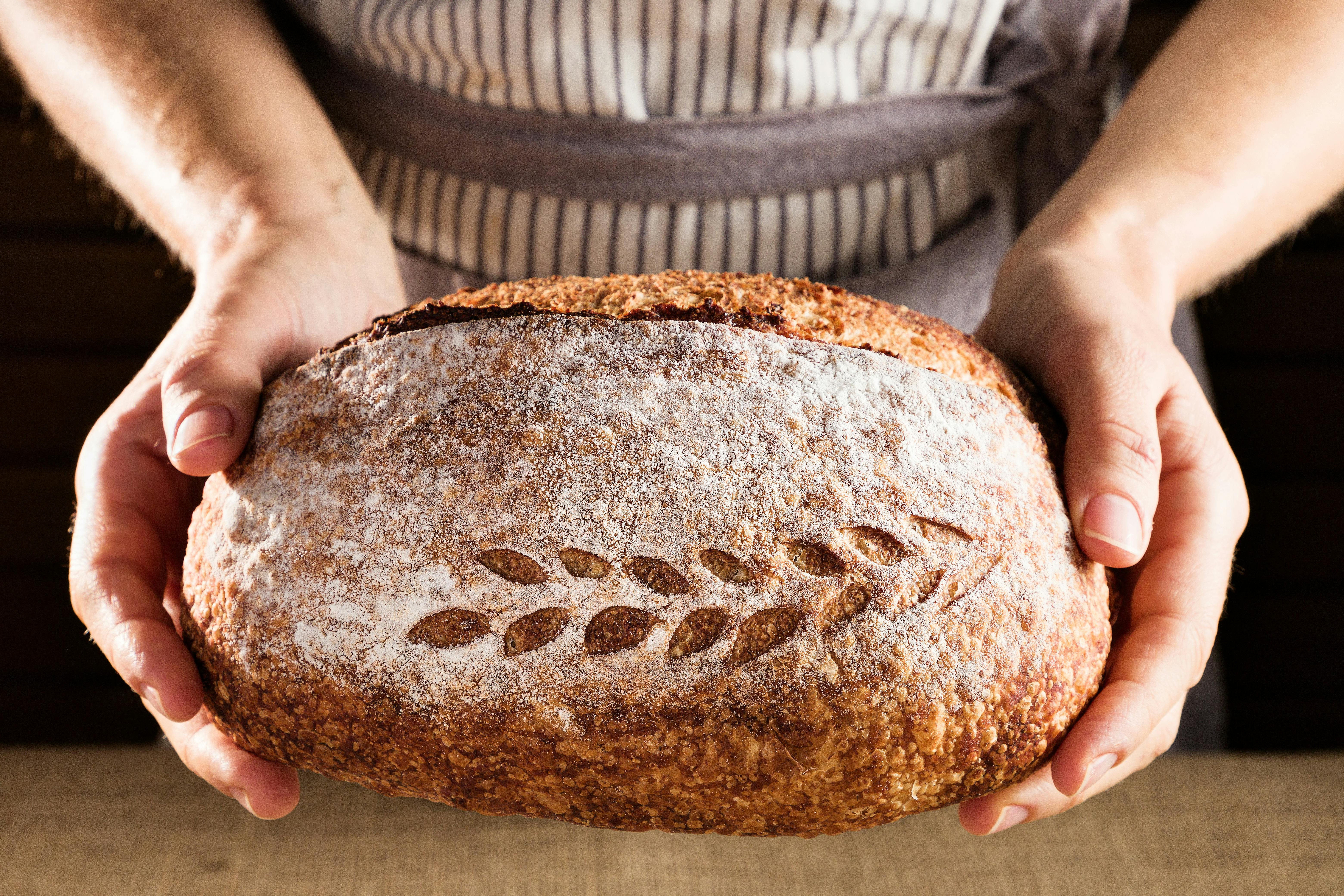
For those who enjoy baking their own bread or are using it as an ingredient in other breakfast foods, dried yeast can be a surprising source of concentrated phosphorus. While yeast is a natural and healthy component in many foods, when consumed in large quantities, its high phosphorus content can be problematic for individuals with kidney concerns. A small amount in a single slice of bread is fine, but in certain recipes or in yeast-heavy foods, it can add to the total phosphorus load. This is a subtle but important consideration for those who have a significant intake of yeast-leavened foods.
42. Processed Breakfast Sauces and Gravies: The Sodium and Fat Overload
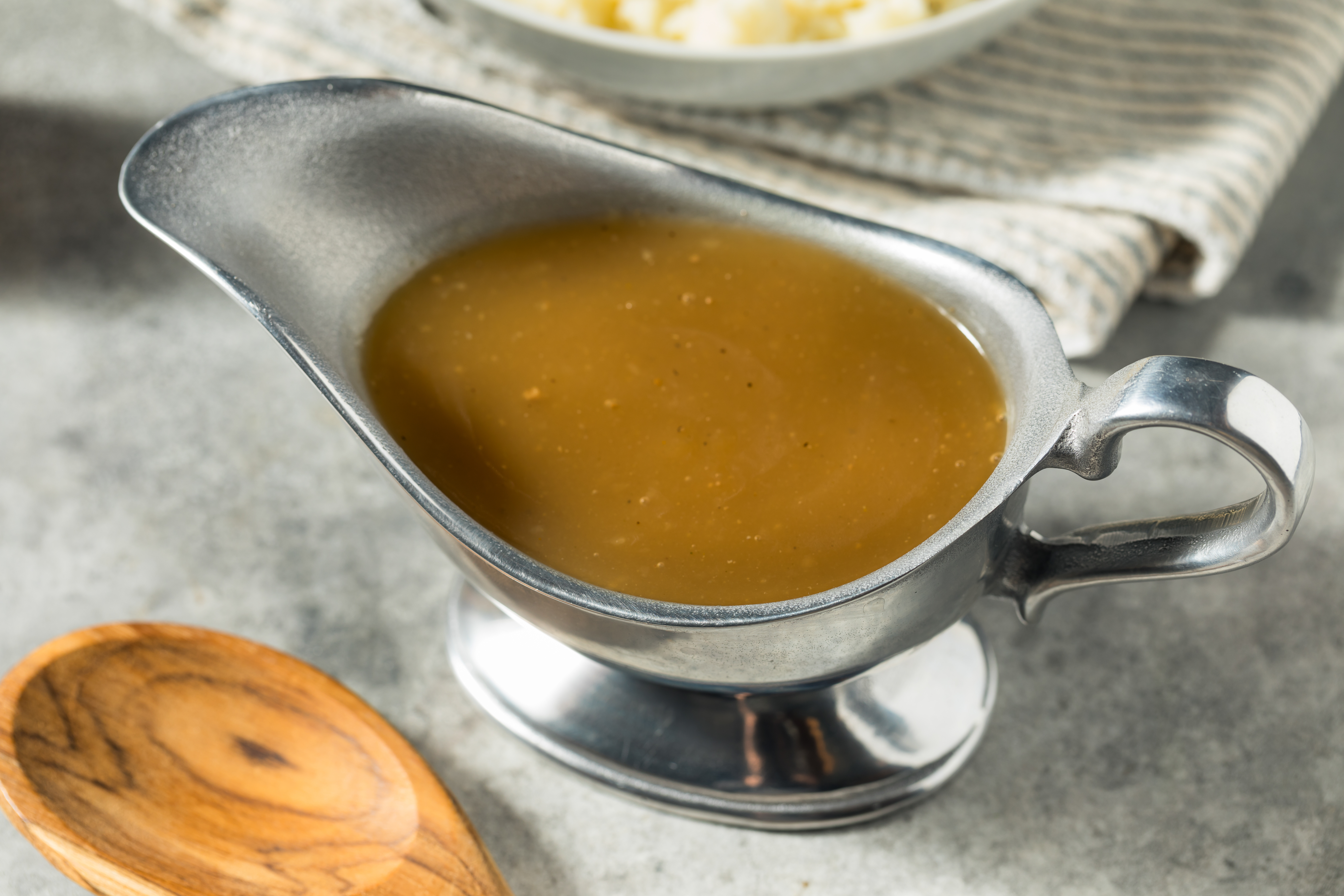
Often, the main breakfast dish is healthy, but the sauces and gravies we pour over them are a major problem. Canned or powdered sauces and gravies, especially those found in diners and restaurants, are incredibly high in both sodium and saturated fats. The combination of these can be a perfect storm for kidney damage. High sodium intake leads to increased blood pressure, a leading cause of kidney disease, while excessive saturated fat can contribute to inflammation and weight gain. Making your own low-sodium gravy from scratch or using a small amount of a low-fat, unsalted alternative is a much safer choice.
43. Bottled Iced Teas: The Sweet and Acidic Threat

Bottled iced teas are a convenient and seemingly healthy option, but they can pose a significant risk to kidney health. Many of these beverages contain high amounts of added sugar, often in the form of high-fructose corn syrup, which can contribute to obesity and diabetes. Furthermore, many bottled teas, particularly those with a fruit flavor, contain citric acid and other additives to enhance flavor and preserve them. While generally safe, in large quantities, these acids can alter the body’s pH balance and place an unnecessary burden on the kidneys to maintain homeostasis.
44. Pre-Packaged Oatmeal: The Hidden Sugar and Sodium Trap

Instant oatmeal packets are a fast, easy breakfast, but they are often a concentrated source of added sugar, sodium, and preservatives. The flavored varieties, like apple cinnamon or maple and brown sugar, can have as much sugar as a candy bar. The added sodium, used as a preservative, can also be a significant issue for blood pressure. A better alternative is to buy plain, rolled oats and cook them yourself. This allows you to control the ingredients and add your own low-potassium fruits like berries, a small amount of cinnamon, or other natural flavorings.
45. Watermelon: The Water and Potassium Mix
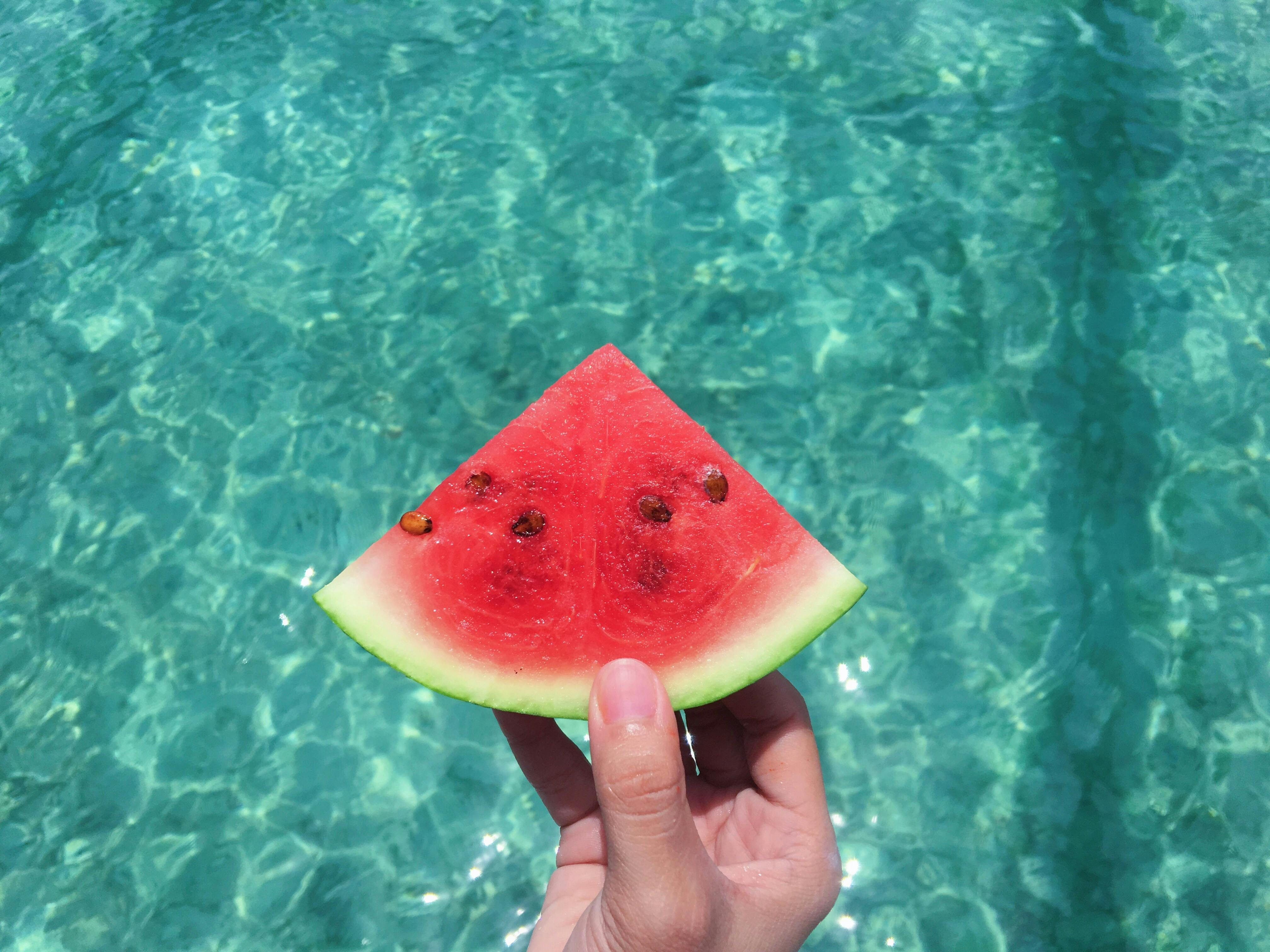
Watermelon is a classic summer fruit, valued for its high water content and hydrating properties. However, for those with compromised kidney function, it can be a source of a potassium overload. While the high water content is beneficial for a healthy person, the potassium content can be a danger for those with kidney disease. Additionally, the fruit is high in natural sugars, which can contribute to weight gain and diabetes, both of which are major risk factors for kidney disease. For a kidney-friendly alternative, consider a fruit with a lower potassium content, such as a grape or a peach.
46. Figs: The Hidden Potassium and Phosphorus Trap
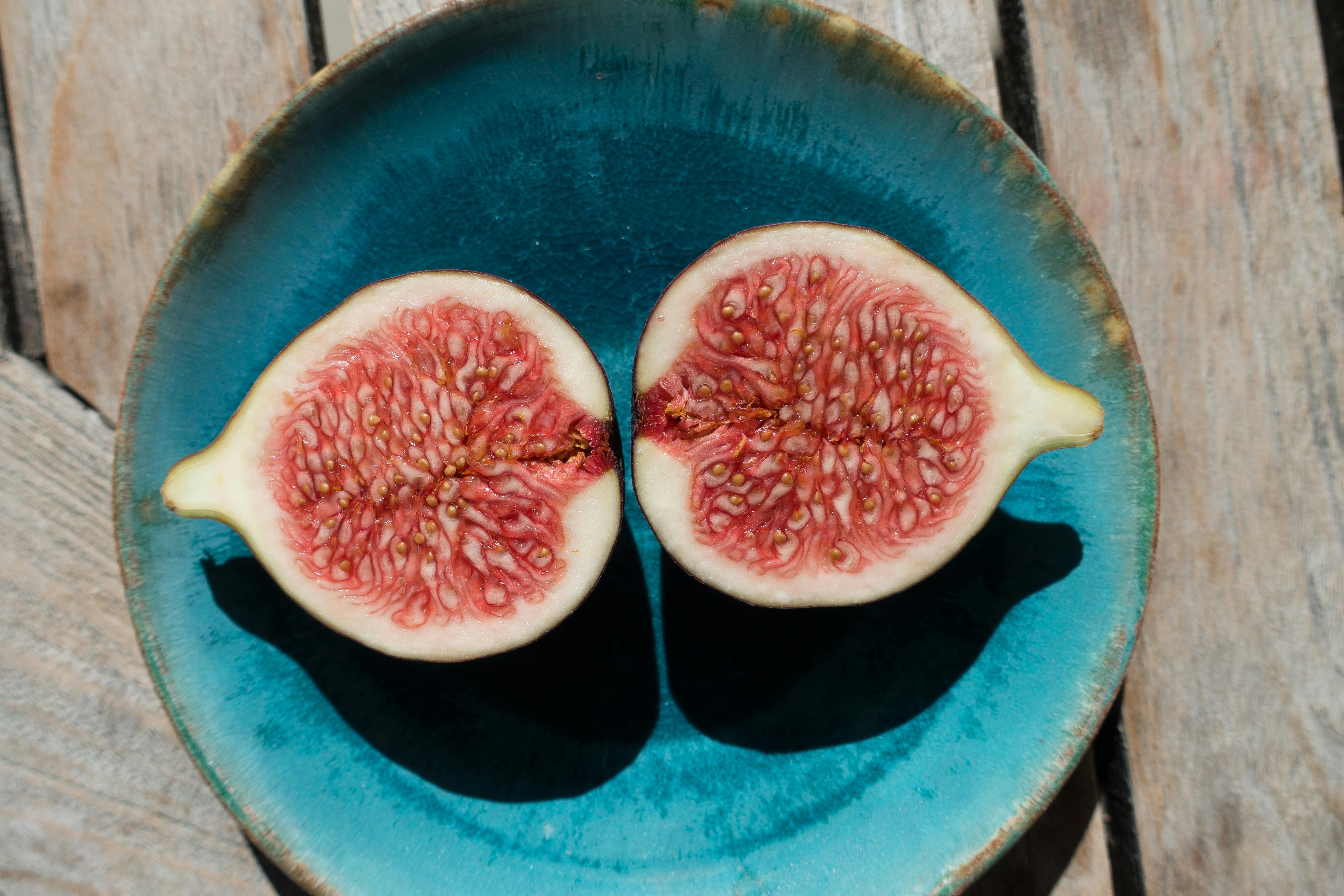
Figs, a sweet and delicious fruit, can be a hidden trap for kidney health. They are a significant source of both potassium and phosphorus, two minerals that failing kidneys struggle to filter. The concentrated nature of dried figs makes them a particularly risky choice. While an occasional fresh fig is fine for most, individuals with kidney disease should be mindful of their intake. For a healthier alternative, consider a fresh fruit with a lower potassium content, such as a pear or a strawberry.
47. Artichokes: The Oxalate and Potassium Combo
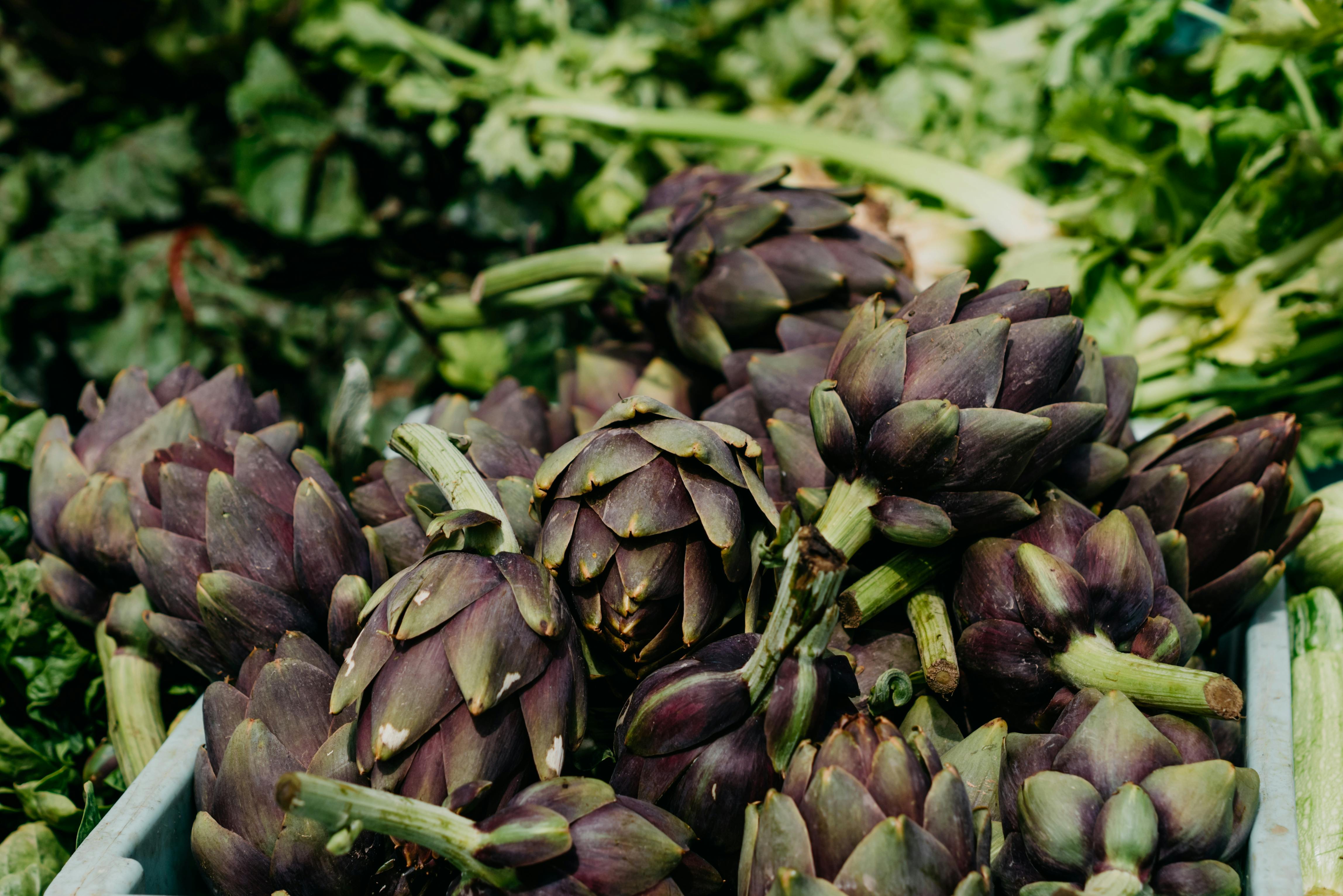
Artichokes, a healthy and delicious vegetable, can be a source of both oxalates and potassium, which can be problematic for those with kidney disease. The oxalates can contribute to the formation of kidney stones, while the potassium can accumulate to dangerous levels in the blood. While an occasional serving is fine for most, individuals with kidney disease should be mindful of their intake. For a healthier alternative, consider a vegetable with a lower potassium and oxalate content, such as a cucumber or a bell pepper.
48. Rhubarb: The Oxalate Powerhouse
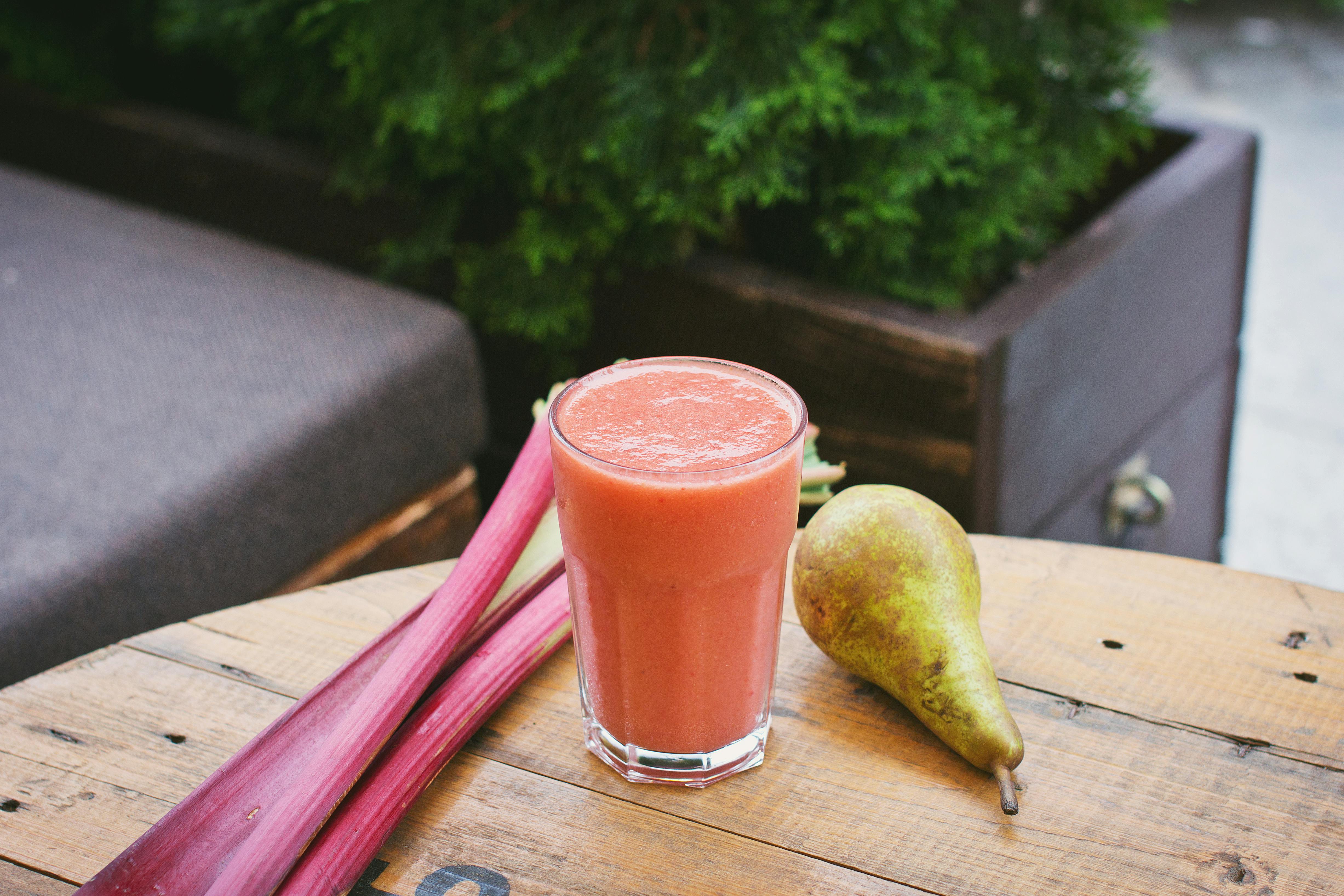
Rhubarb is a classic and delicious ingredient in pies and jams, but it's also a significant source of oxalates, which can be a danger for those with kidney disease. The high oxalate content can contribute to the formation of kidney stones, which can be a painful and serious condition. While an occasional serving is fine for most, individuals with kidney disease should be mindful of their intake. For a healthier alternative, consider a fruit with a lower oxalate content, such as a blueberry or a raspberry.
49. Kiwis: The Hidden Potassium and Phosphorus Trap
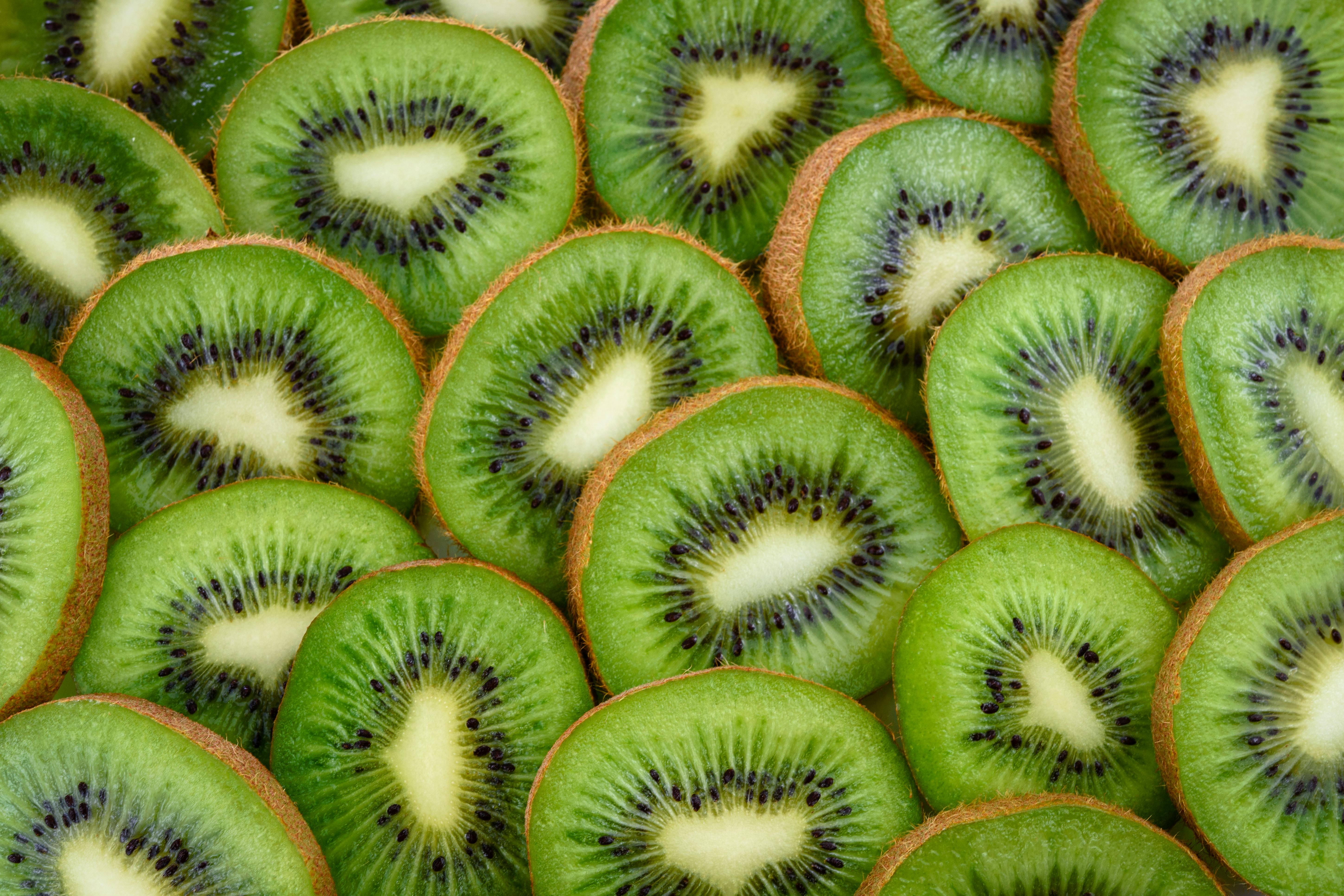
Kiwis, a delicious and healthy fruit, can be a hidden trap for kidney health. They are a significant source of both potassium and phosphorus, two minerals that failing kidneys struggle to filter. The high concentration of these minerals in a small fruit makes them a particularly risky choice. While an occasional kiwi is fine for most, individuals with kidney disease should be mindful of their intake. For a healthier alternative, consider a fruit with a lower potassium and phosphorus content, such as an apple or a peach.
50. Whole Grains: The Phytic Acid Problem
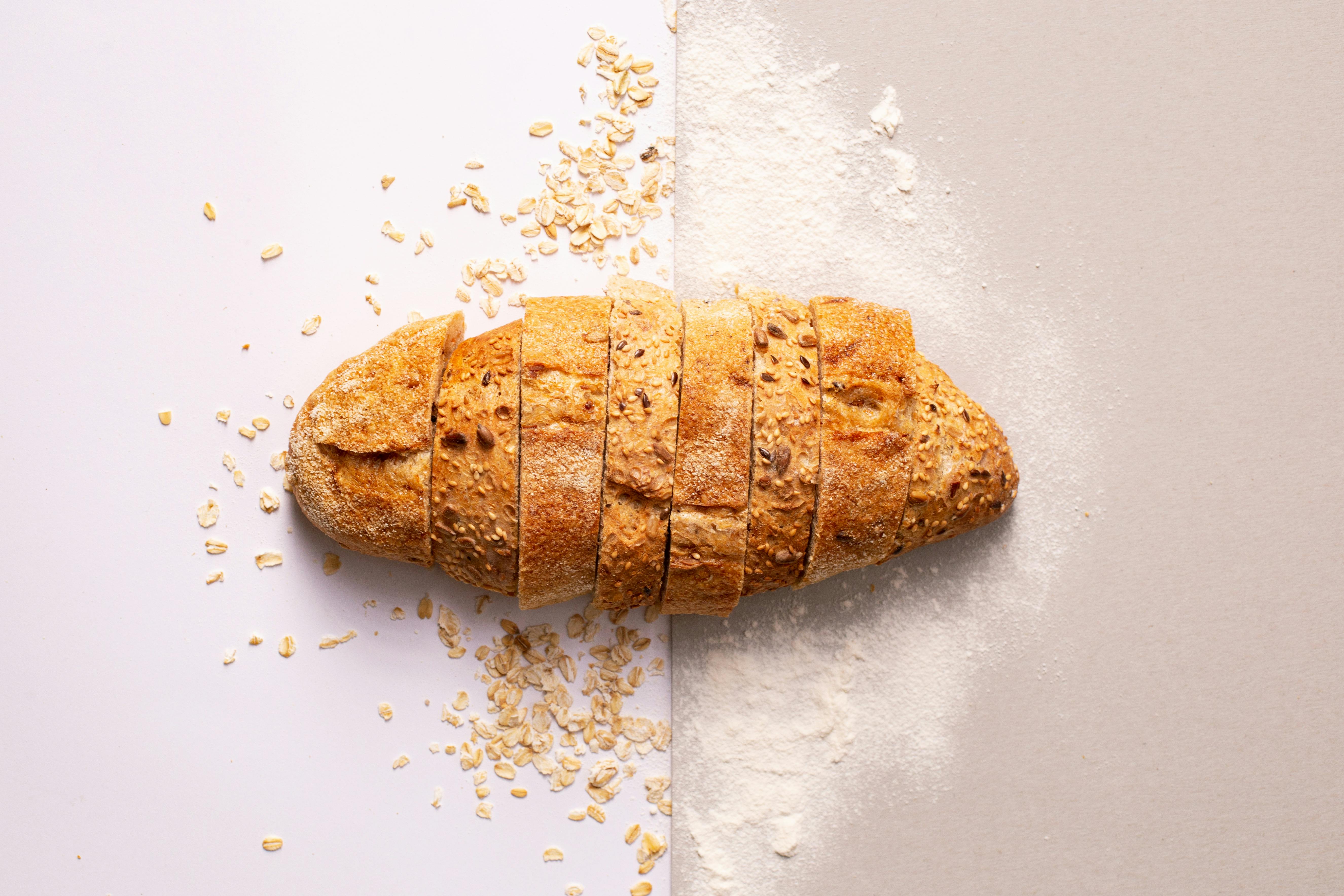
While whole grains are a fantastic source of fiber, they contain phytic acid, which binds to minerals like phosphorus. For those with kidney disease, the kidneys struggle to excrete excess phosphorus. The high phosphorus content in whole grains can lead to a dangerous buildup in the blood, which can cause bone and heart problems. While phytic acid is not a direct threat, a high intake of whole grains can contribute to the overall phosphorus load. For a safer alternative, consider low-phosphorus grains like white rice or corn flakes.
51. Green Tea: A Deceptively High Oxalate Source
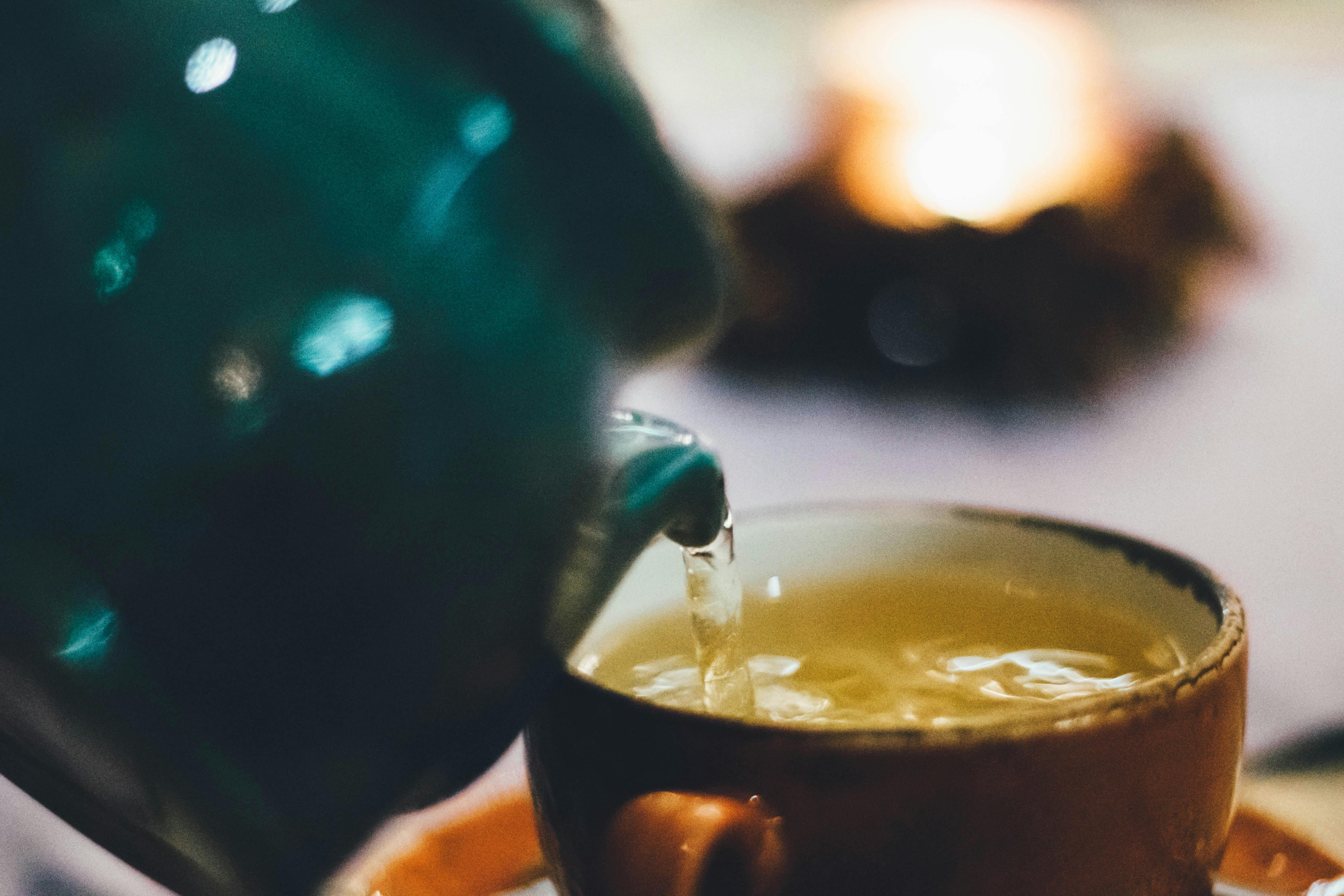
Green tea is often lauded for its antioxidant properties and health benefits, but for individuals prone to kidney stones, it can be a hidden trap. Green tea leaves, especially when steeped for long periods, are a significant source of oxalates. Oxalates bind with calcium in the kidneys, creating crystals that can lead to stone formation. While an occasional cup is fine, a high intake can be a problem. For a kidney-friendly alternative, consider water with a squeeze of lemon juice, which can help prevent the formation of stones.
52. Raspberries and Blackberries: The High-Oxalate Berries
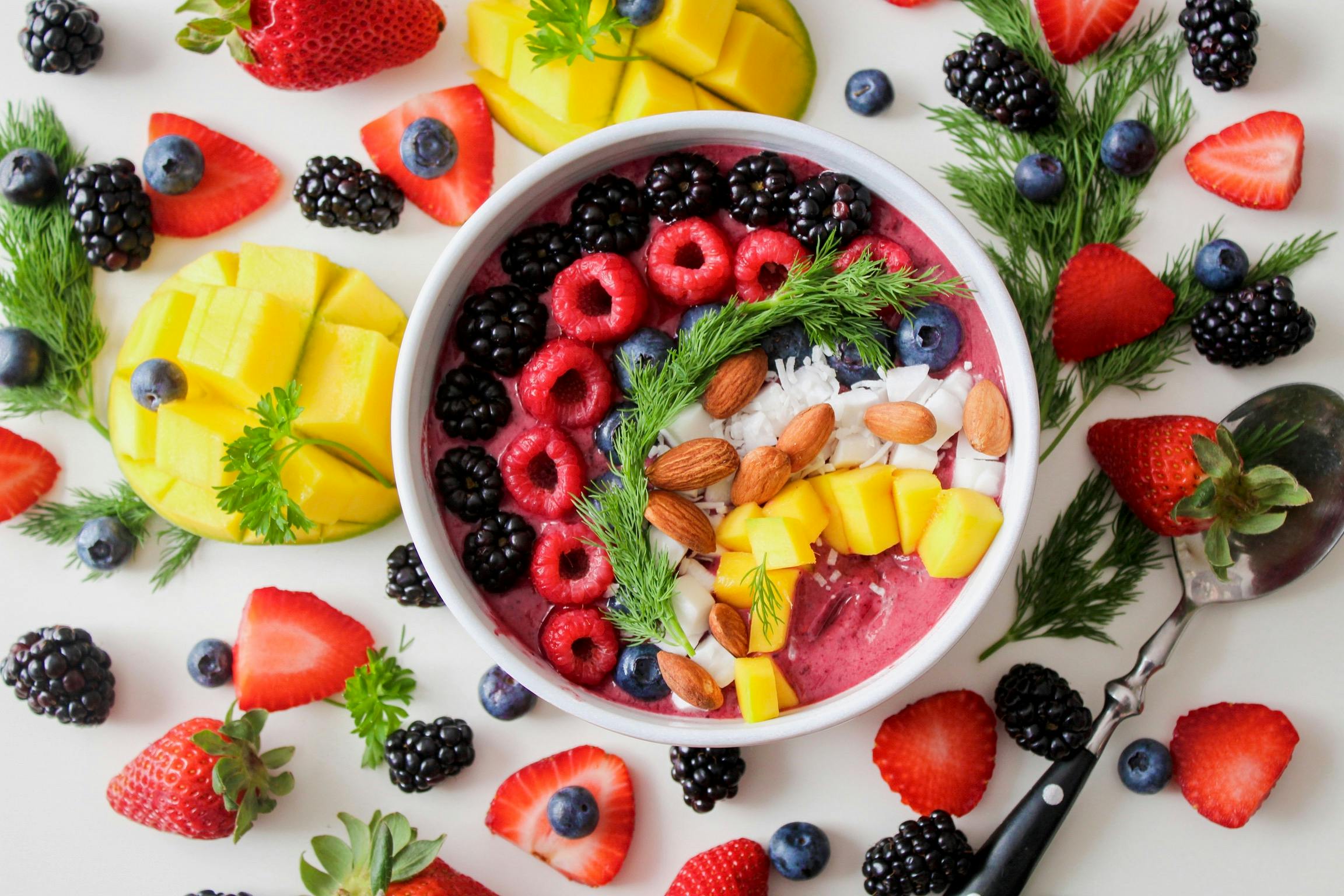
Berries are a delicious and healthy fruit, but for those prone to kidney stones, some varieties can be a hidden trap. Raspberries and blackberries are particularly high in oxalates, which can bind with calcium in the kidneys and lead to stone formation. While the occasional serving is fine, a high intake can be a problem. For a kidney-friendly alternative, consider blueberries, which are lower in oxalates, or a fruit with a lower oxalate content, such as a grape or a peach.
53. Limes and Lemon Juice: The Citric Acid Paradox
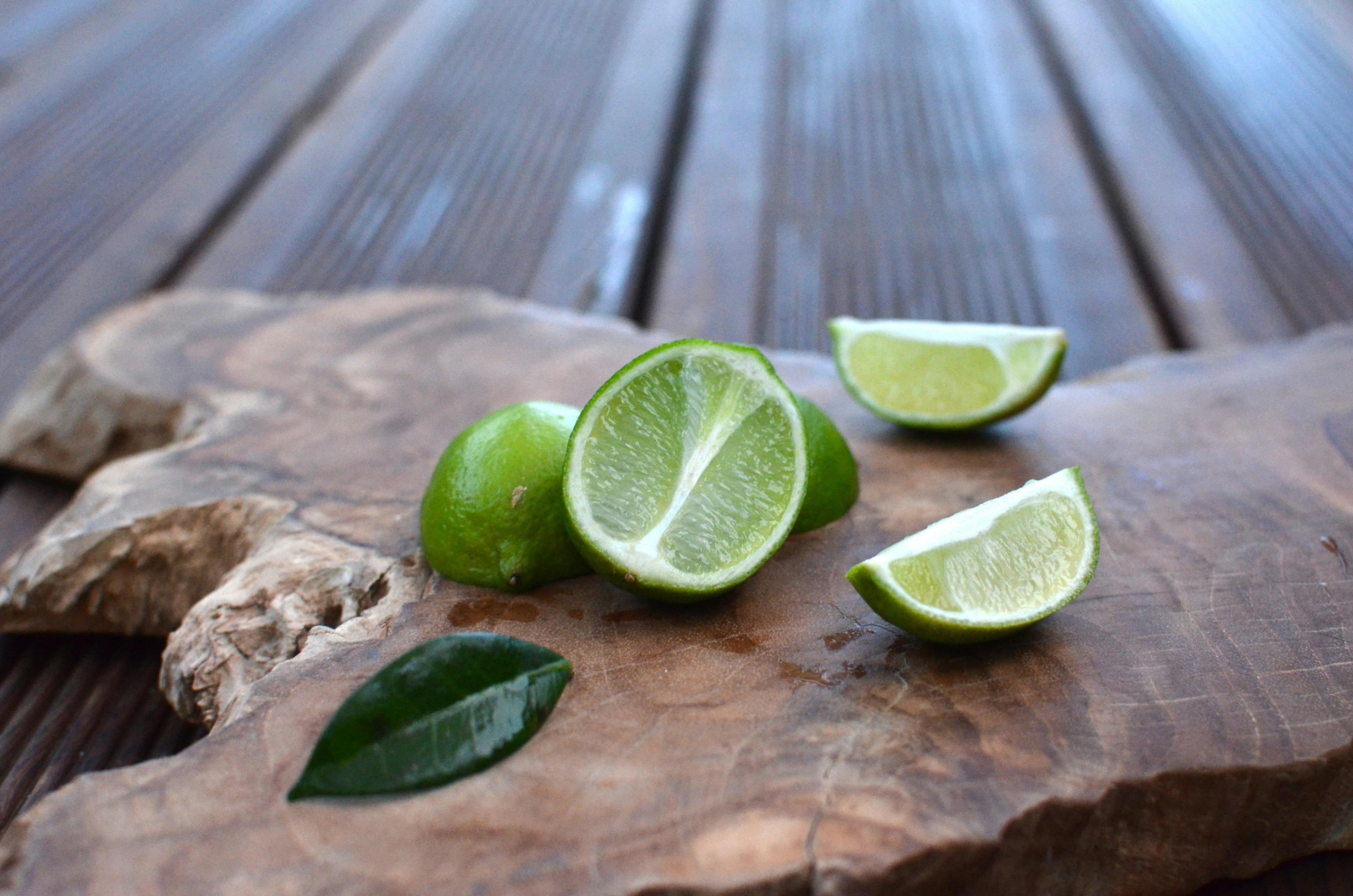
While lemons and limes are often recommended for their ability to prevent kidney stones, the paradox is that their high acidity can be a problem for some. Citric acid can increase the risk of stones in some individuals, while the high potassium content can be a danger for those with kidney disease. It's a prime example of a "healthy" food that can have a serious, and often overlooked, negative impact on your kidneys.
54. Soy Sauce: The Hidden Sodium and Phosphate Load
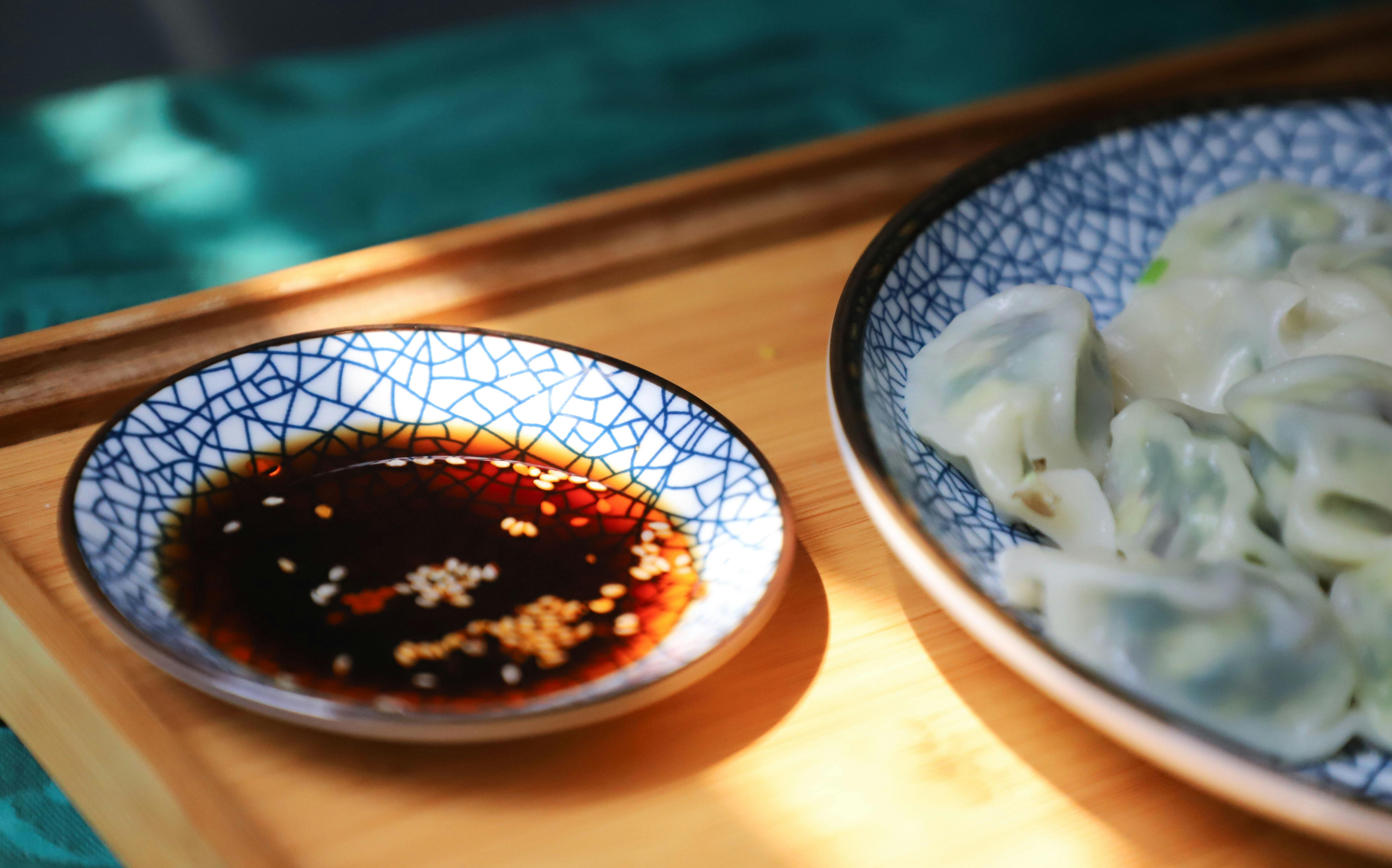
Soy sauce, a staple in many cuisines, is not only incredibly high in sodium but can also be a hidden source of phosphates, which are used as a flavor enhancer. The combination of these can be a perfect storm for kidney damage. High sodium intake leads to increased blood pressure, a leading cause of kidney disease, while excessive phosphorus can build up in the blood. A safer alternative is to use low-sodium soy sauce or a natural salt alternative, such as a sprinkle of salt.
55. Pre-Made Pancake and Waffle Mixes: The Phosphates and Sodium Combo

These convenient mixes often contain leavening agents like sodium aluminum phosphate and other additives to ensure a consistent rise and long shelf life. This form of inorganic phosphate is highly absorbable by the body and can place a direct and significant burden on the kidneys to filter it out. Additionally, these mixes are often high in hidden sodium. For a healthier option, choose a mix that is explicitly "phosphate-free" or make your pancakes from scratch using a phosphorus-free baking powder.
56. Sprouted Grains and Breads: The Unexpected Phosphorus Load
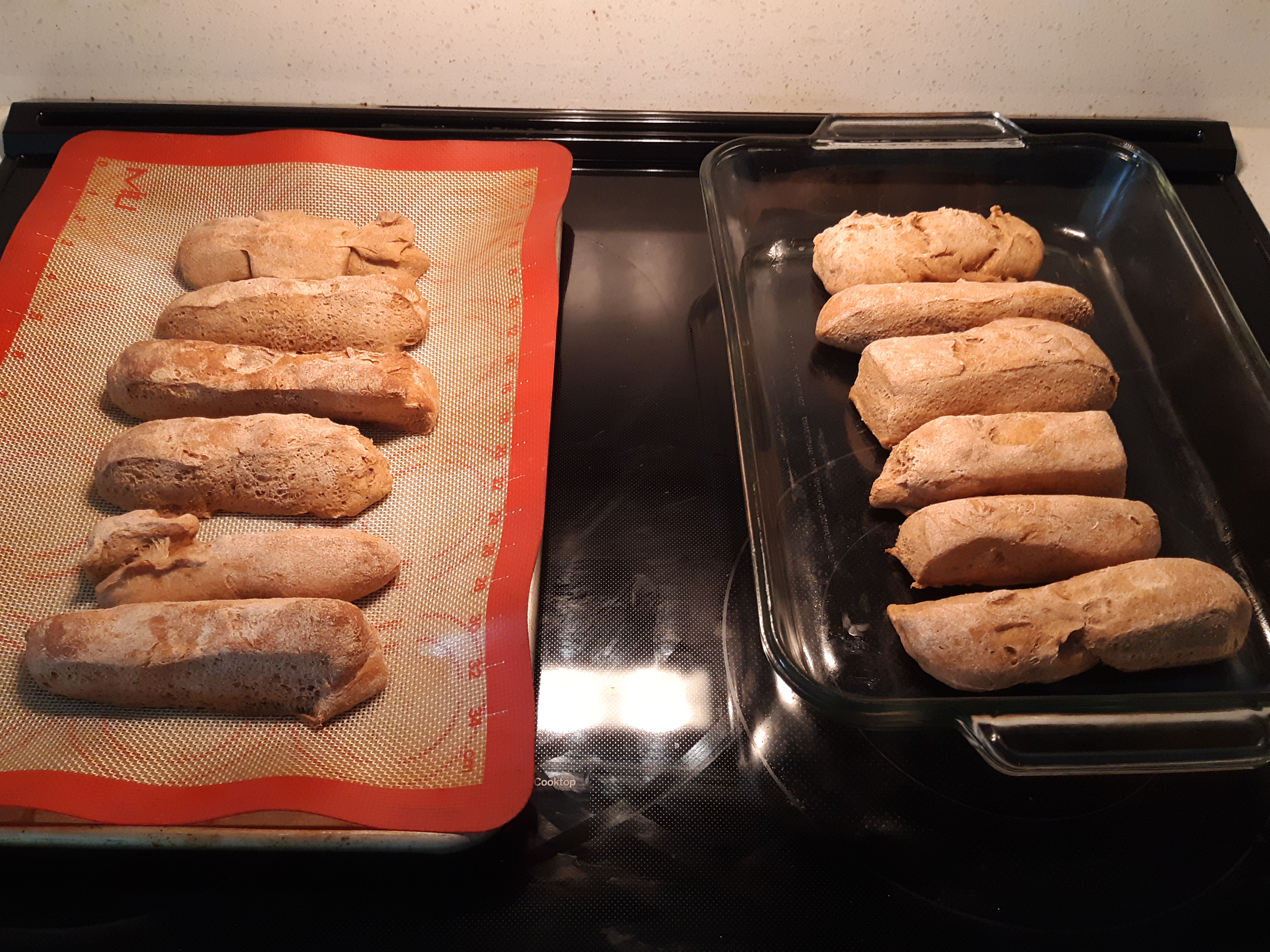
Sprouted grains are often marketed as a health food because the sprouting process makes nutrients more bioavailable. While this is true, it also means that the phosphorus they contain, which is often bound by phytic acid in unsprouted grains, becomes more accessible and absorbable. For an individual with compromised kidney function, this can lead to a rapid and dangerous buildup of phosphorus in the blood. If you have kidney concerns, it's a subtle but important distinction to be aware of; the very process that makes them healthy for most people makes them a risk for you.
57. Commercial Egg Substitutes: The Phosphate and Protein Additives
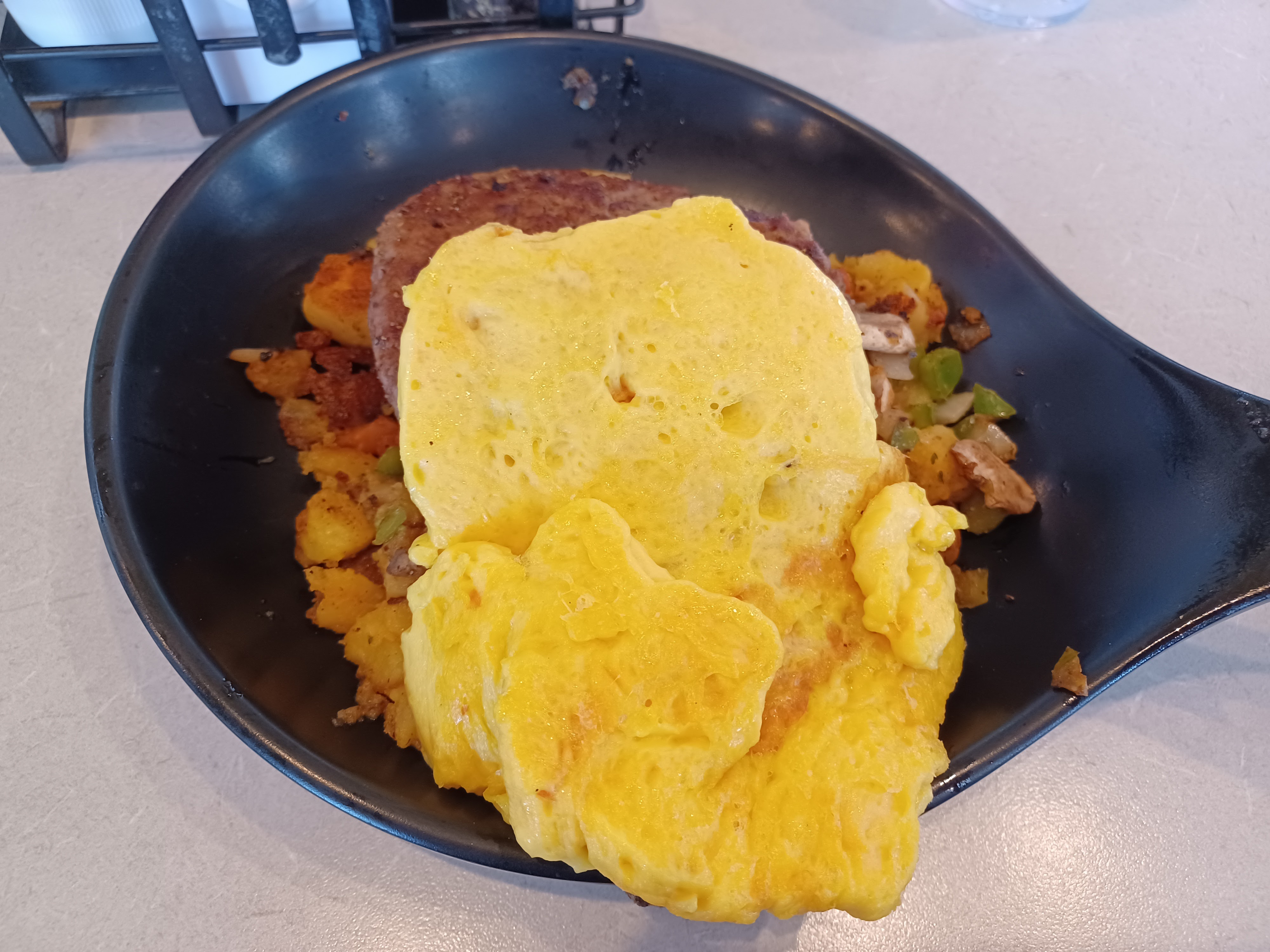
For those avoiding eggs due to dietary or health reasons, commercial egg substitutes can seem like a great alternative for a morning scramble. However, many of these liquid products are highly processed and contain added phosphates to improve texture, binding, and shelf life. These substitutes can also contain a high amount of protein isolates, which can put a significant strain on the kidneys to filter. For a safer, kidney-friendly breakfast, consider a whole-food, plant-based alternative like a small portion of scrambled tofu, which allows you to control the ingredients and avoid hidden additives.
58. Specialty Coffees: The Concentrated Mineral and Sugar Trap

The bigger problem with specialty coffees—like lattes, frappes, and flavored cappuccinos—is their sugar and milk content. These drinks are often loaded with syrups, caramel, and a large amount of dairy, all of which can place a significant burden on the kidneys. The syrups contribute to sugar overload, which can lead to diabetes, while the large amount of milk provides a concentrated dose of potassium and phosphorus. For a kidney-friendly alternative, it's best to stick to a simple, black coffee or a small portion with a splash of a low-phosphorus, low-potassium milk alternative.
59. The Hidden Dangers of Protein Smoothies: The Oxalate and Potassium Overload
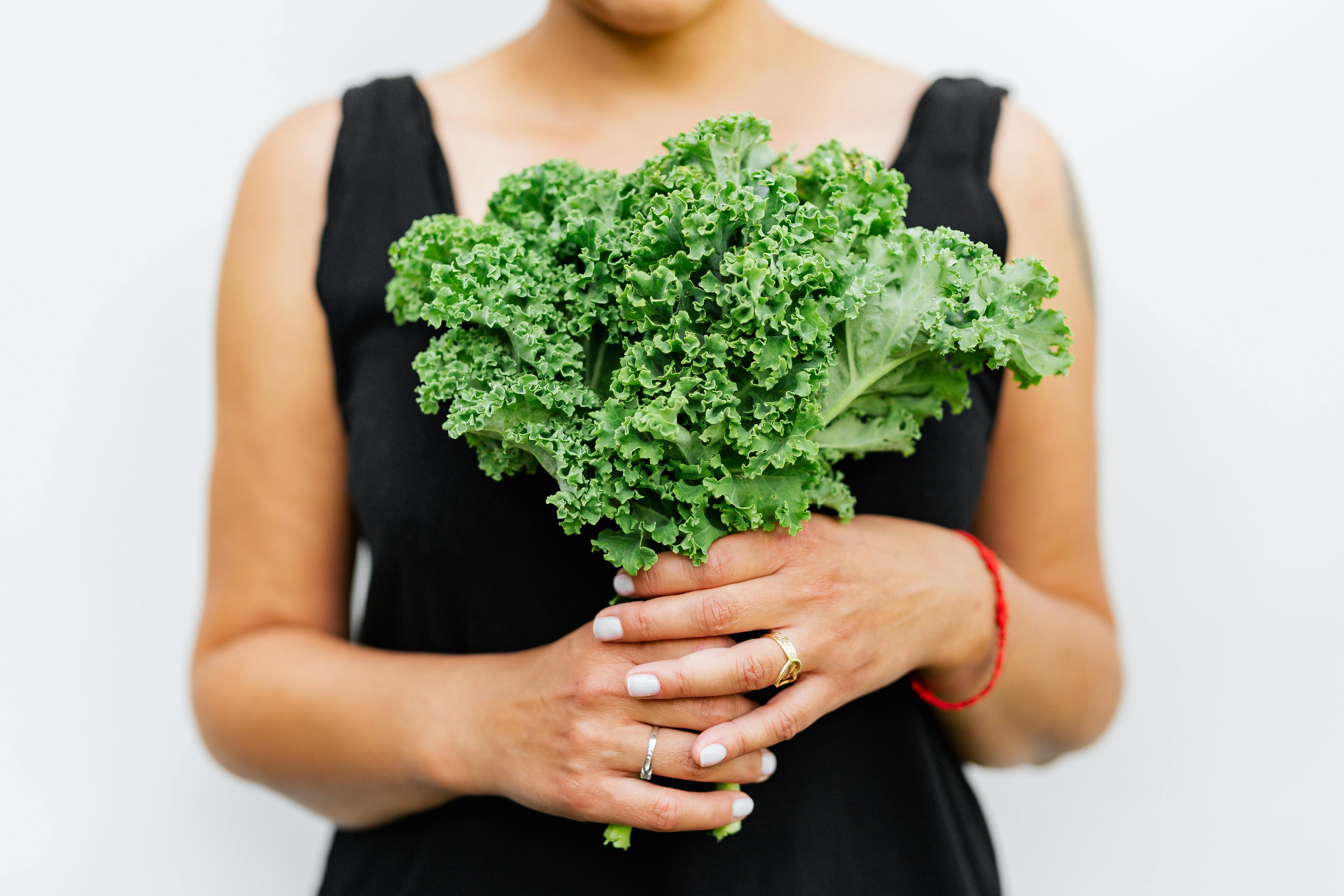
Many people add ingredients like spinach, kale, beets, and nuts to their morning smoothies for a nutritional boost. While these are healthy for most, they are very high in potassium and oxalates. For someone with kidney disease, this can lead to an accumulation of potassium and an increased risk of kidney stones. A safer smoothie would use low-potassium and low-oxalate ingredients like berries, apples, or peaches as a base.
60. The "Skin-On" Potato Trap (Mineral Concentration)
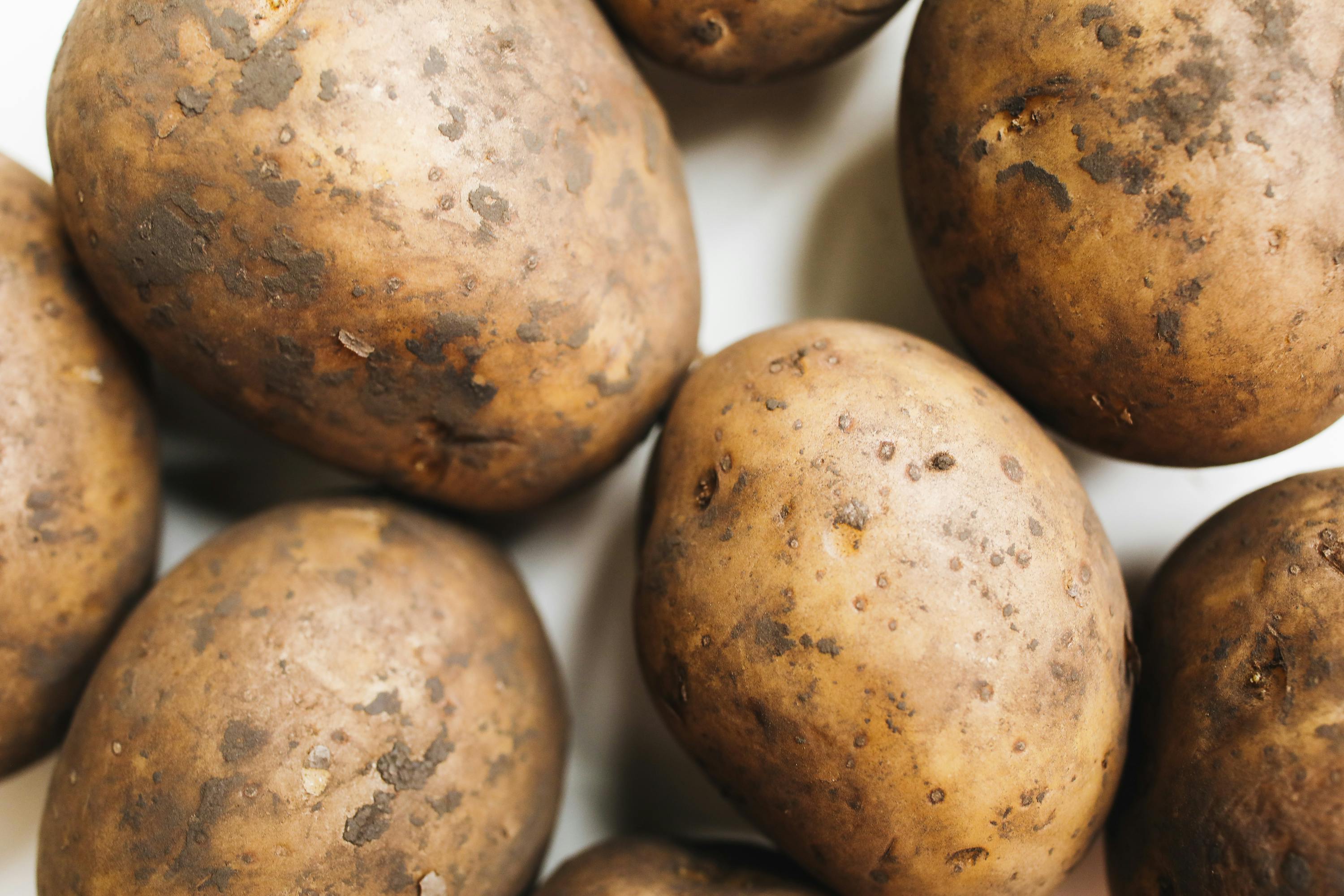
Potatoes, often prepared as hash browns or breakfast sides, are inherently high in potassium, which is dangerous for failing kidneys. Crucially, the simple habit of cooking and eating potatoes with the skin on significantly concentrates this risk. The skin and the layer immediately beneath it contain the highest mineral content, including both potassium and phosphorus. For a kidney-friendly breakfast, if you must have potatoes, the simple habit of peeling and then double-boiling the potatoes is essential. This method leaches out a substantial portion of the potassium, making the potato a safer, low-risk carbohydrate choice compared to eating the nutrient-dense, yet kidney-hazardous, skin.
61. Mineral Water (Bicarbonate and Hard Water Mineral Overload)
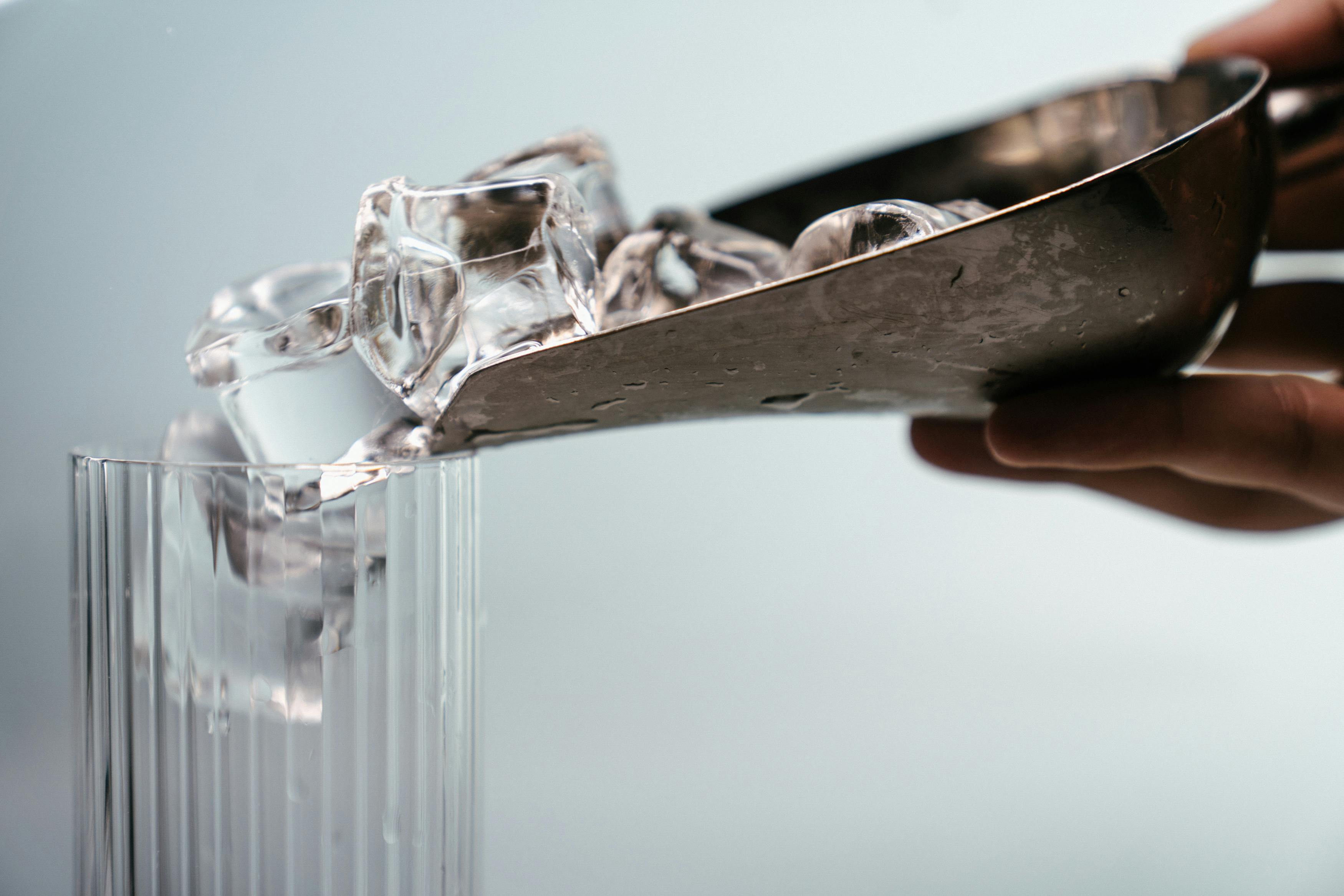
While water is essential, some mineral waters or hard tap waters can be problematic for delicate kidneys. Hard water contains high concentrations of minerals like calcium and magnesium, and some specialty mineral waters are intentionally rich in bicarbonate. While these are often touted as healthy, an excess mineral load forces the kidneys to work overtime to filter and excrete the surplus. For individuals with a history of calcium oxalate kidney stones, the high calcium and bicarbonate can increase stone formation risk. It is a subtle danger: the very element you need for hydration carries an unnecessary filtration burden. For a safer, kidney-friendly option, rely on purified or filtered tap water and discuss the mineral content of your drinking water with your healthcare provider.
Crafting a Kidney-Friendly Breakfast Routine
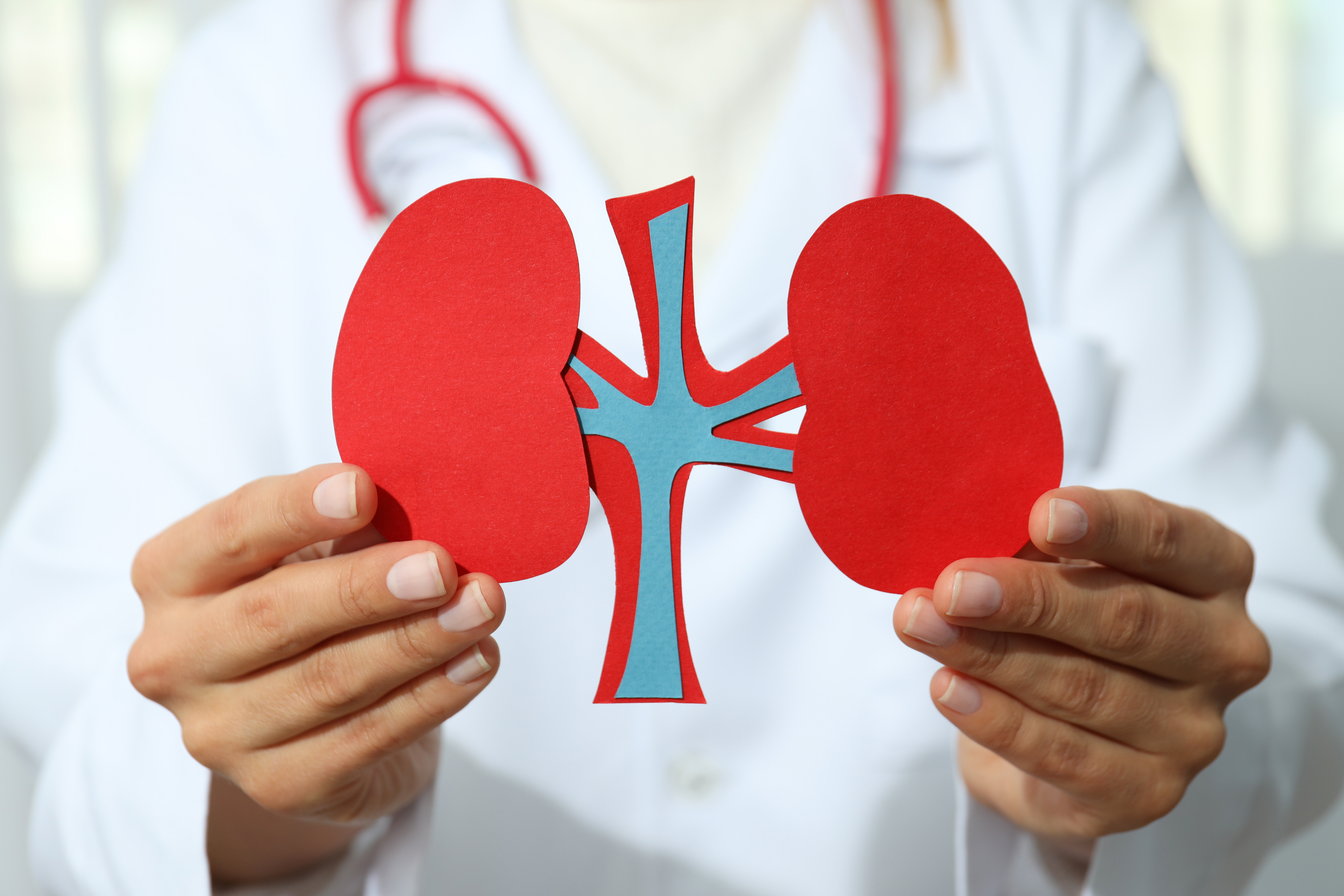
Choosing the right breakfast foods is crucial for maintaining kidney health and overall well-being. By avoiding processed meats, sugary cereals, flavored yogurts, and other detrimental options, you can reduce the risk of kidney disease and support renal function. Emphasizing whole, unprocessed foods, rich in fiber, vitamins, and minerals, can make a significant difference in how your kidneys function. As you craft your breakfast routine, remember that small, mindful changes can lead to substantial health benefits, setting the foundation for a healthier future.
